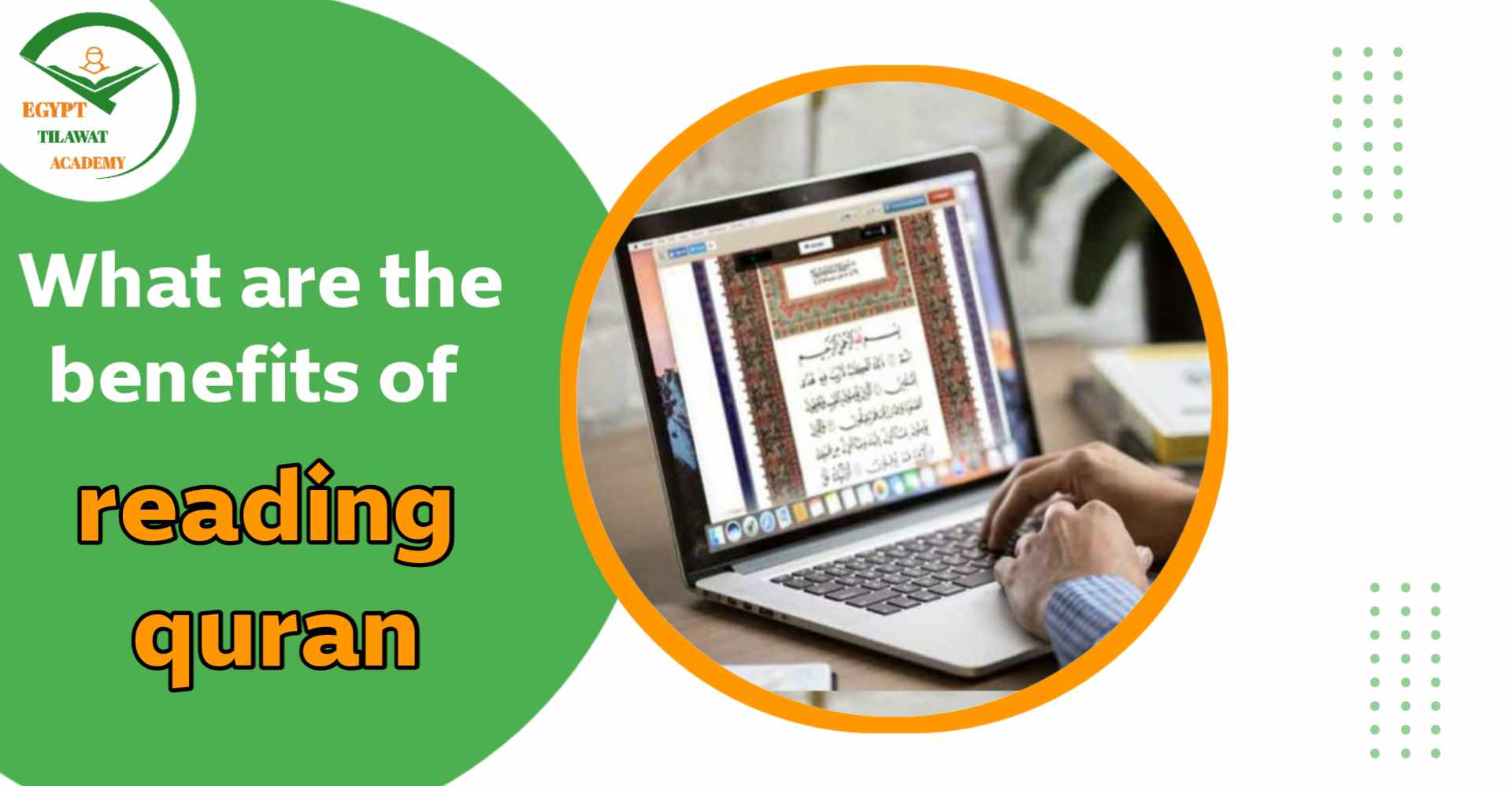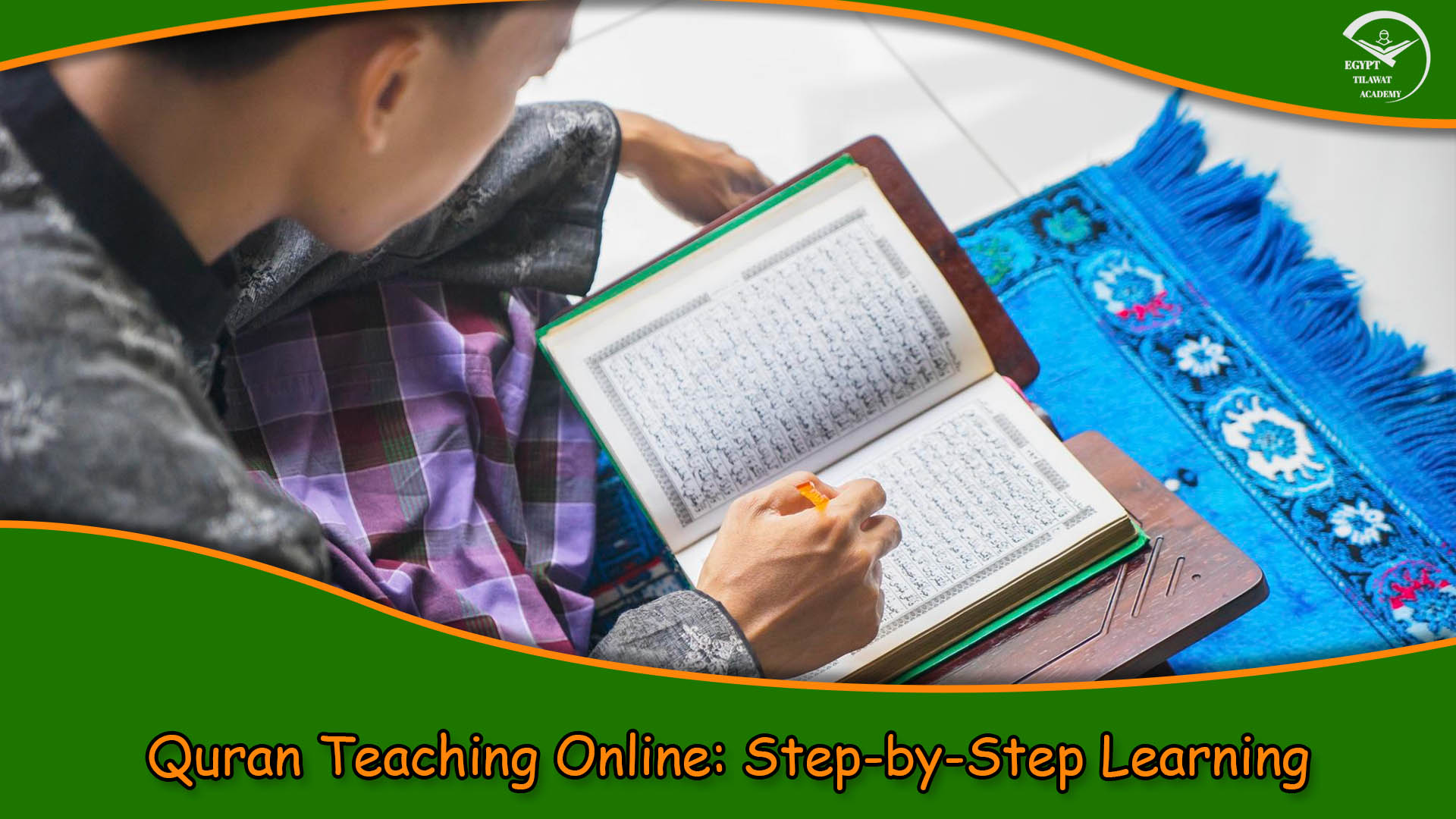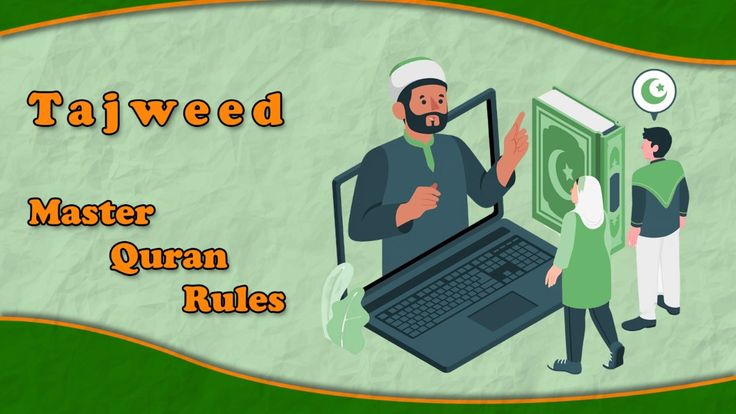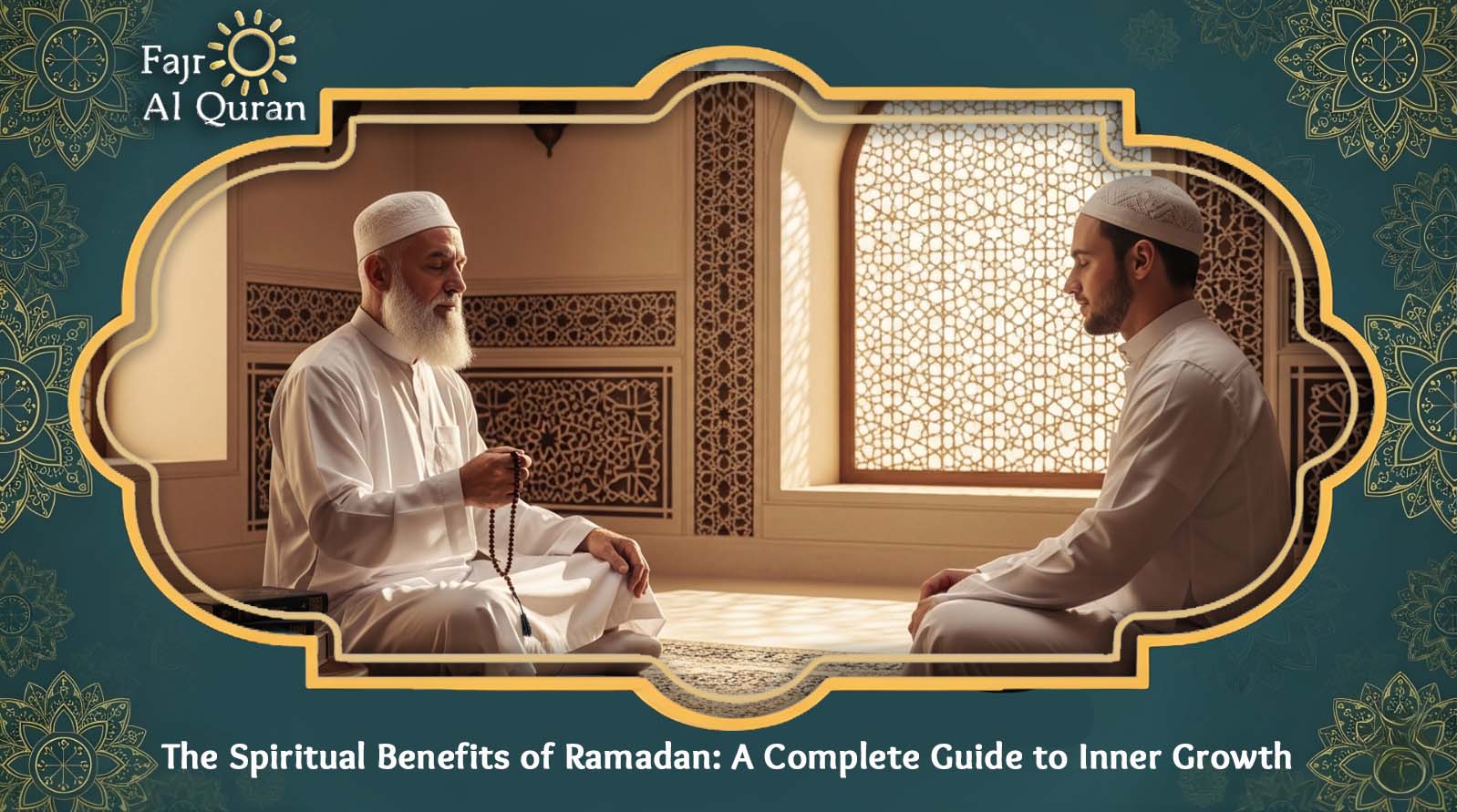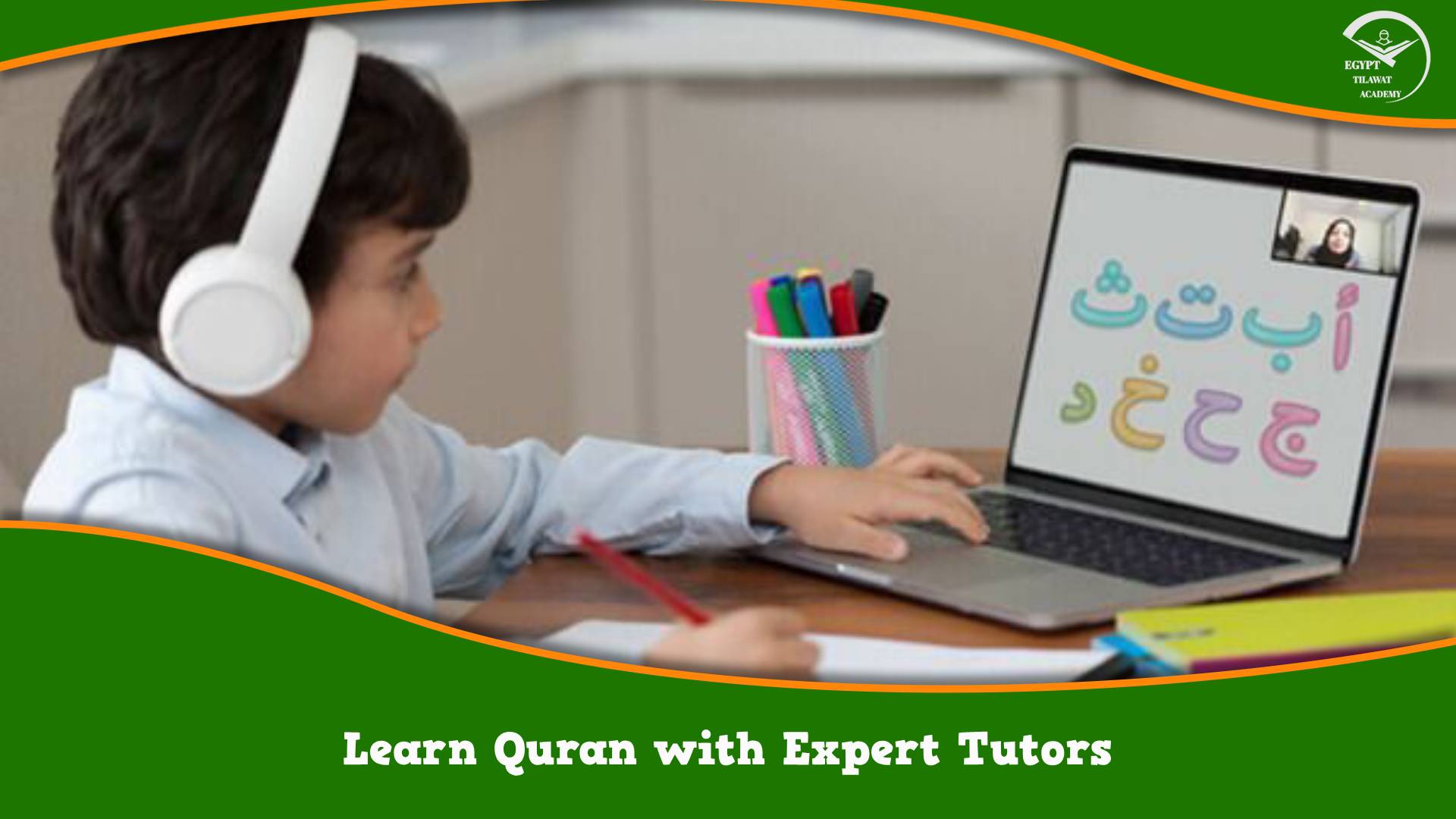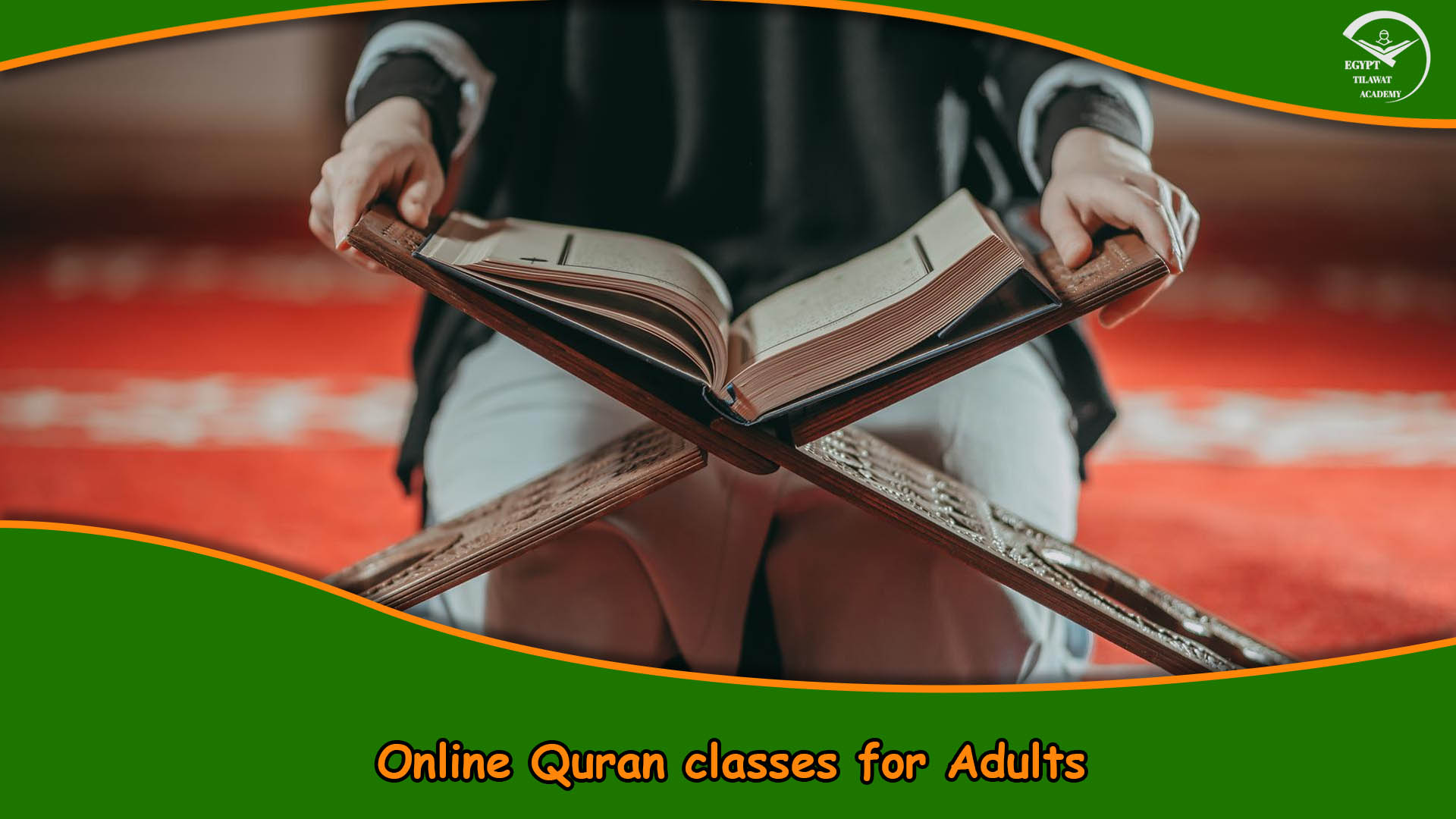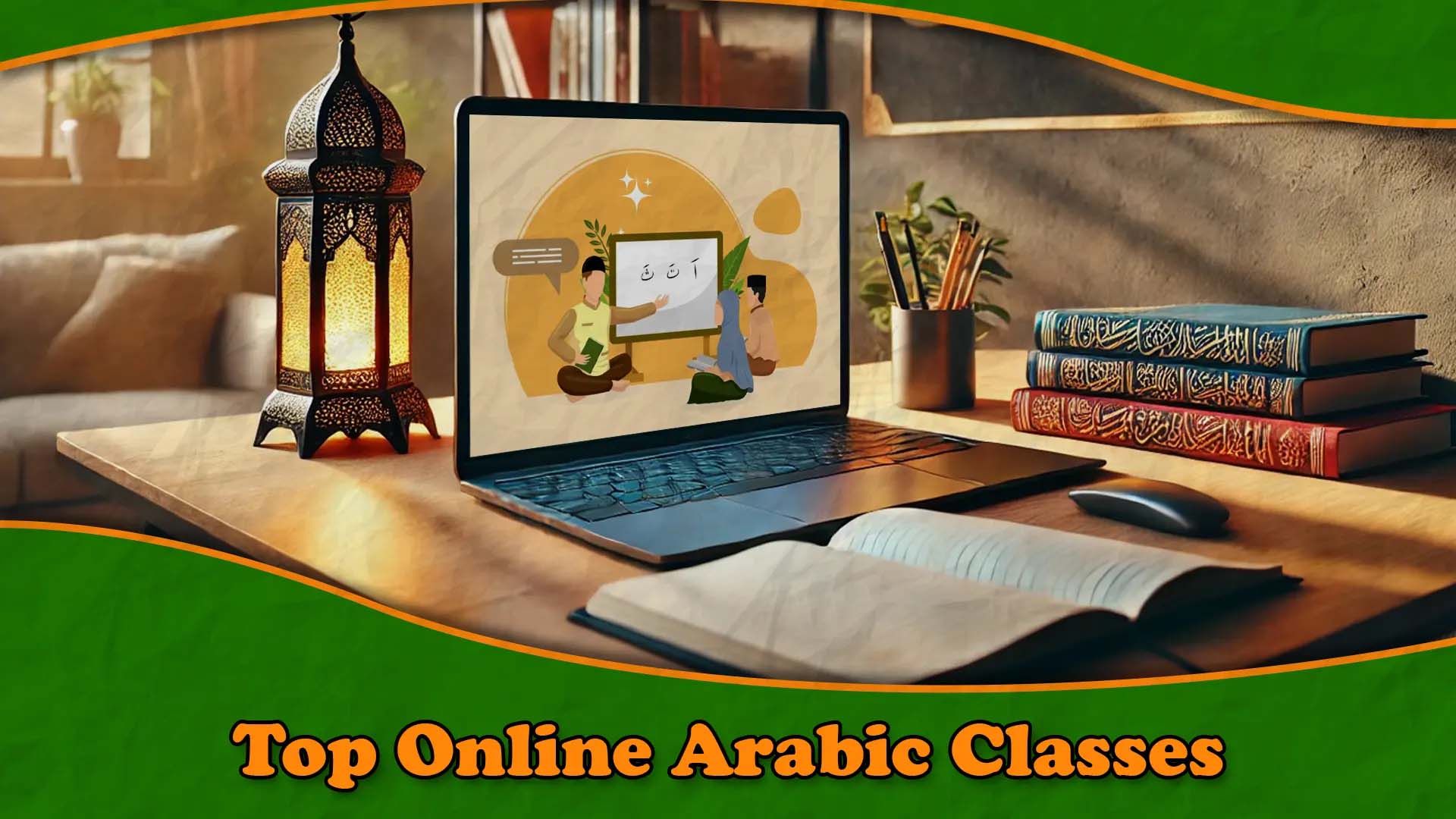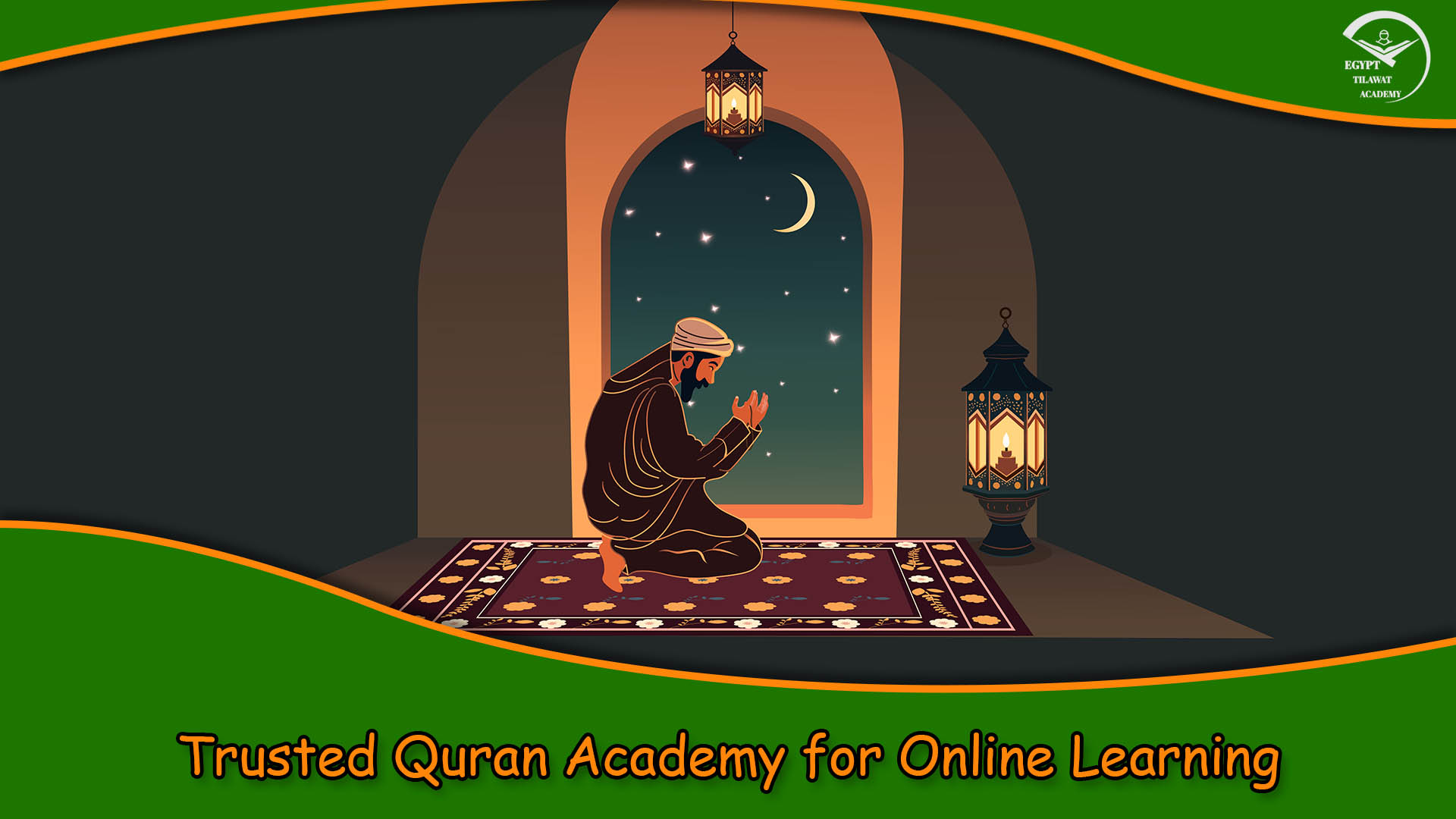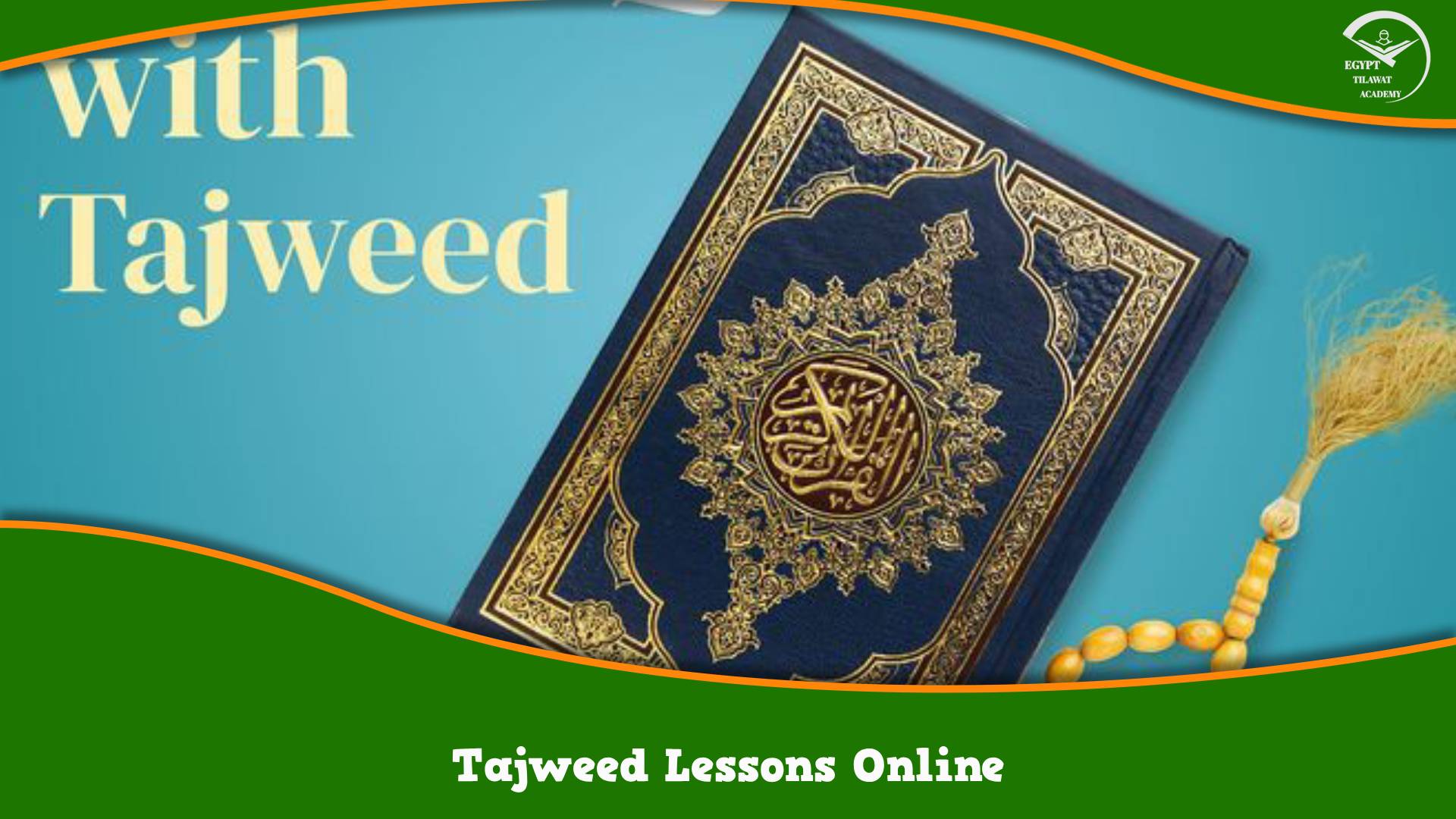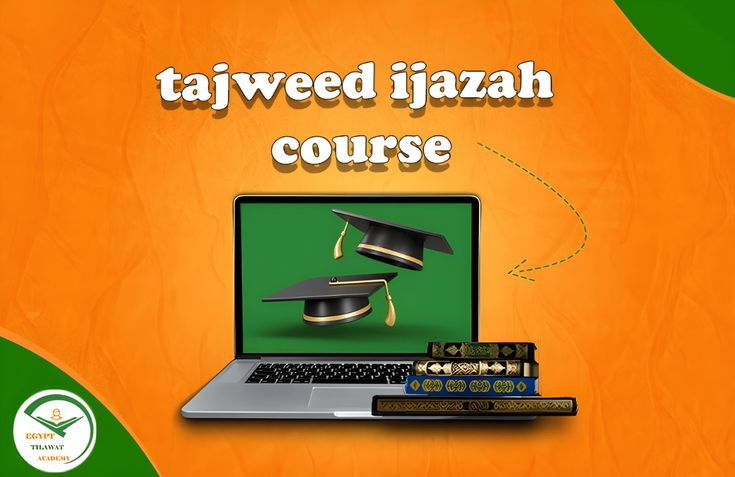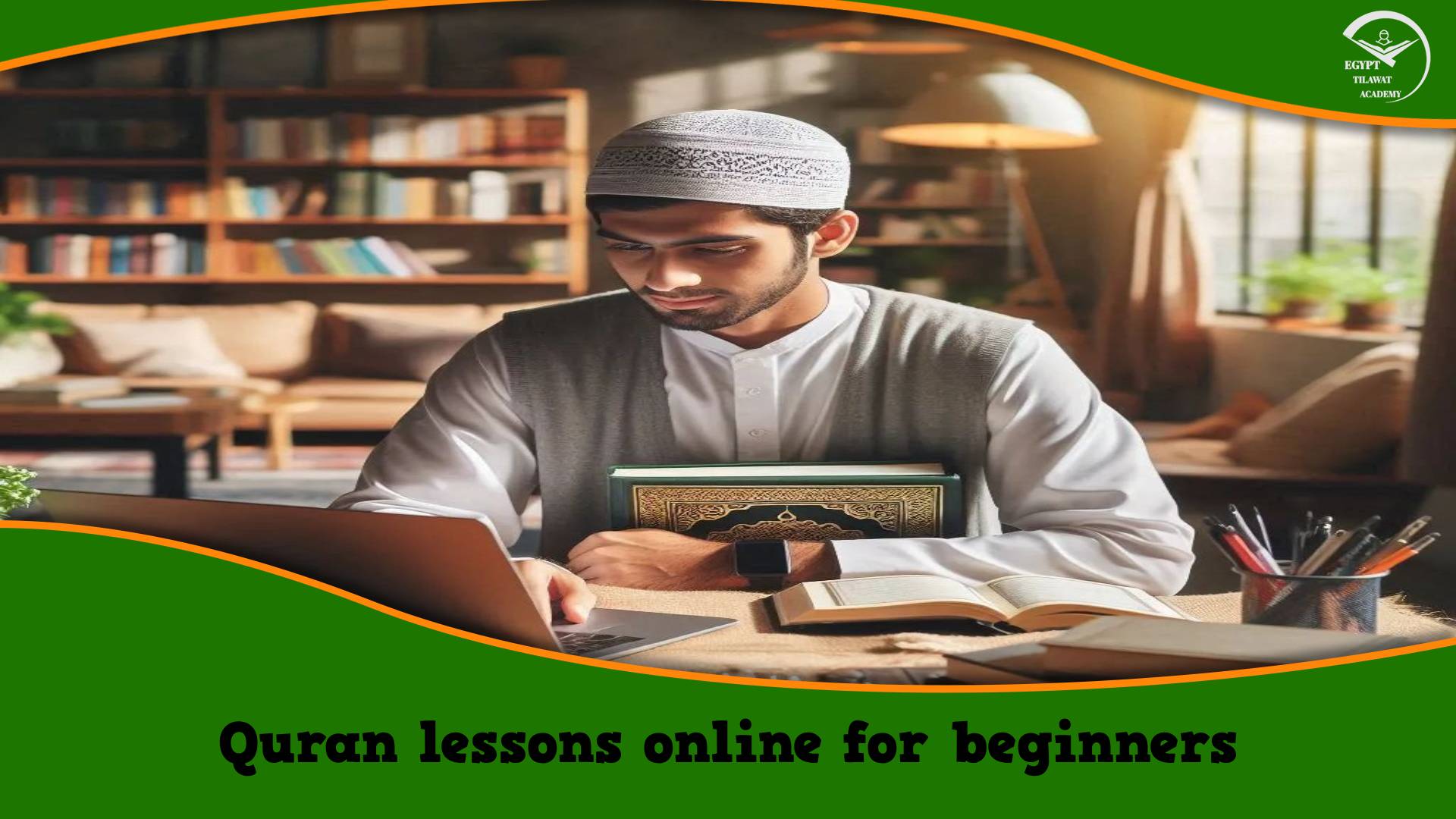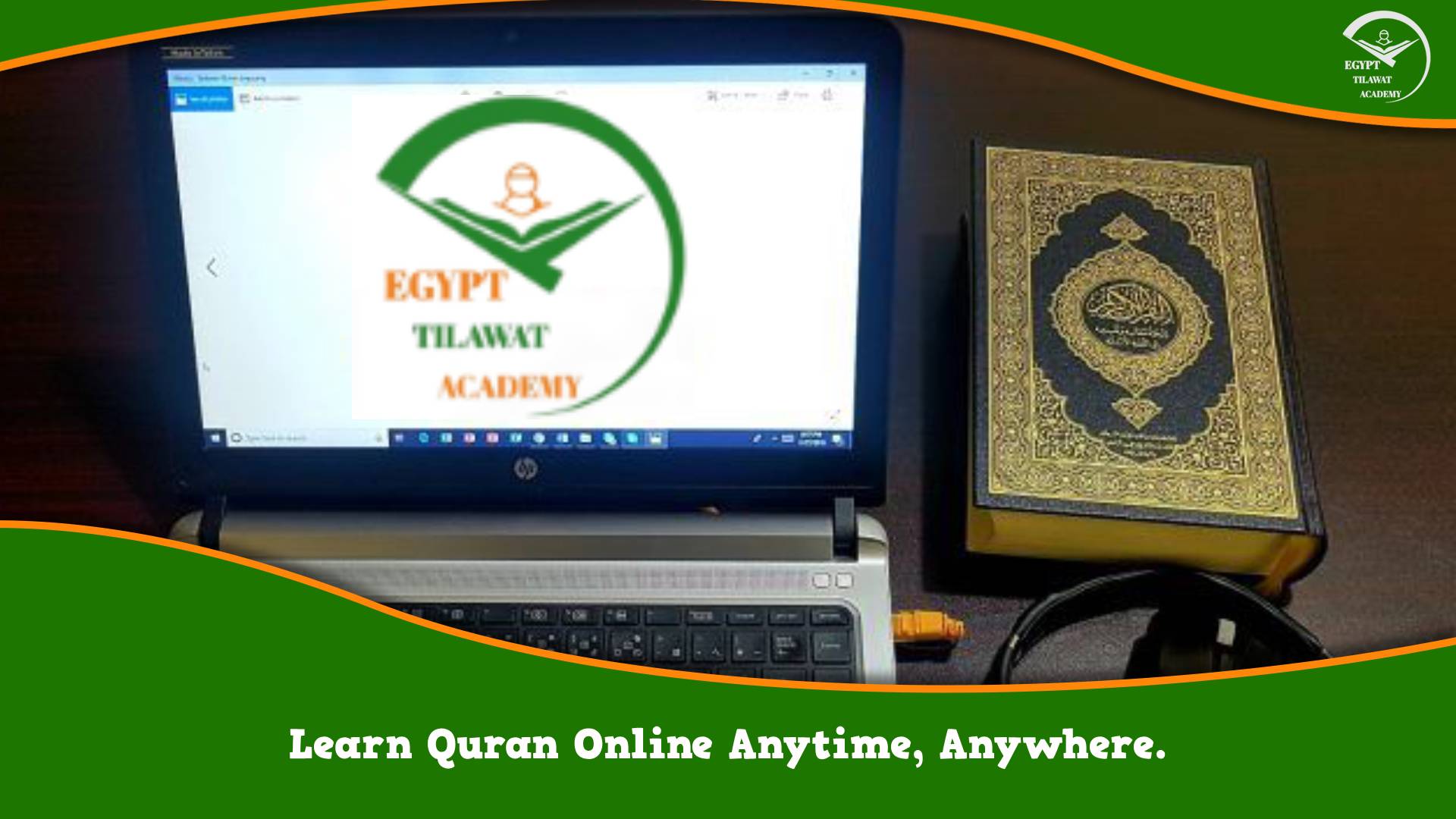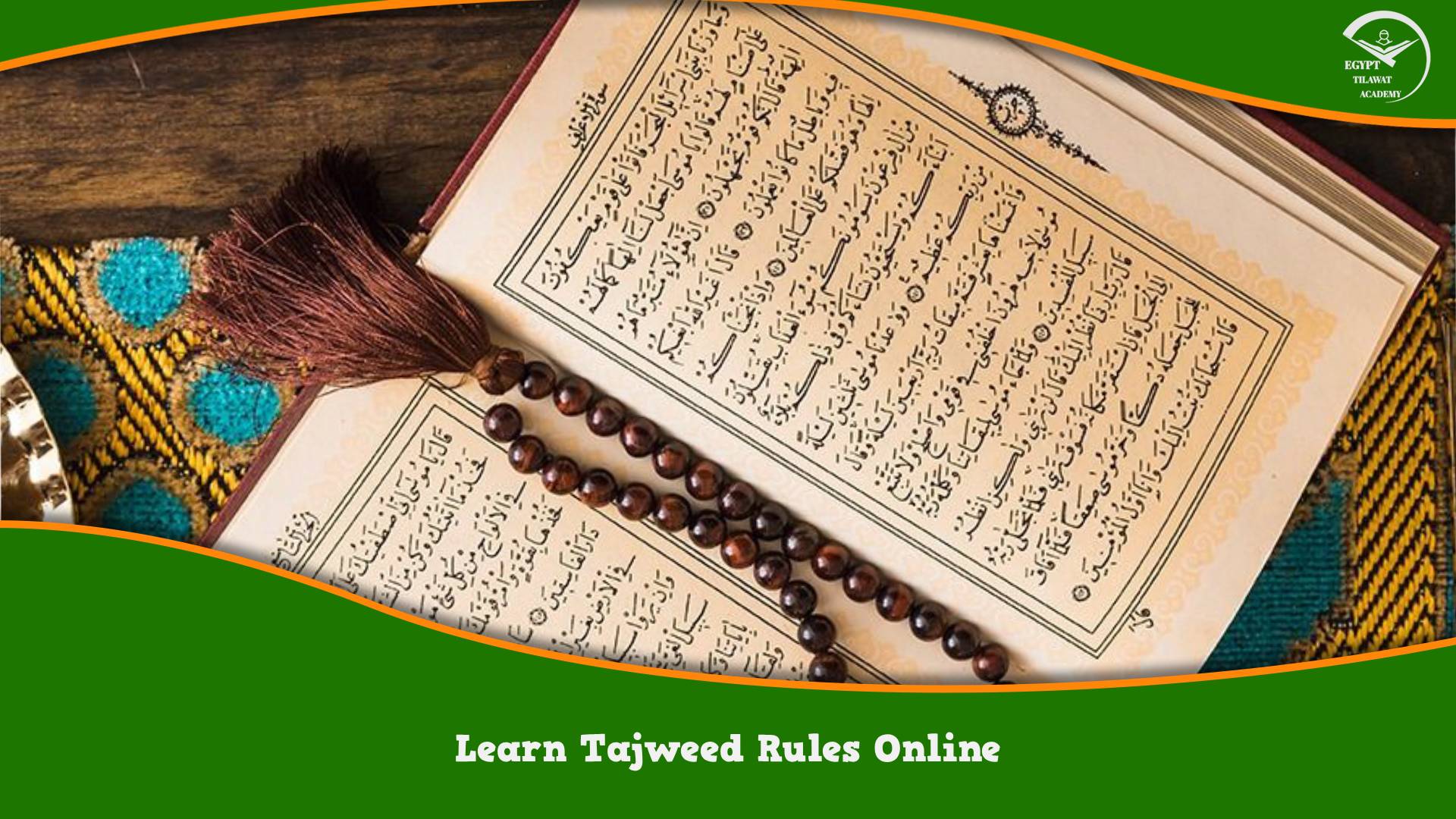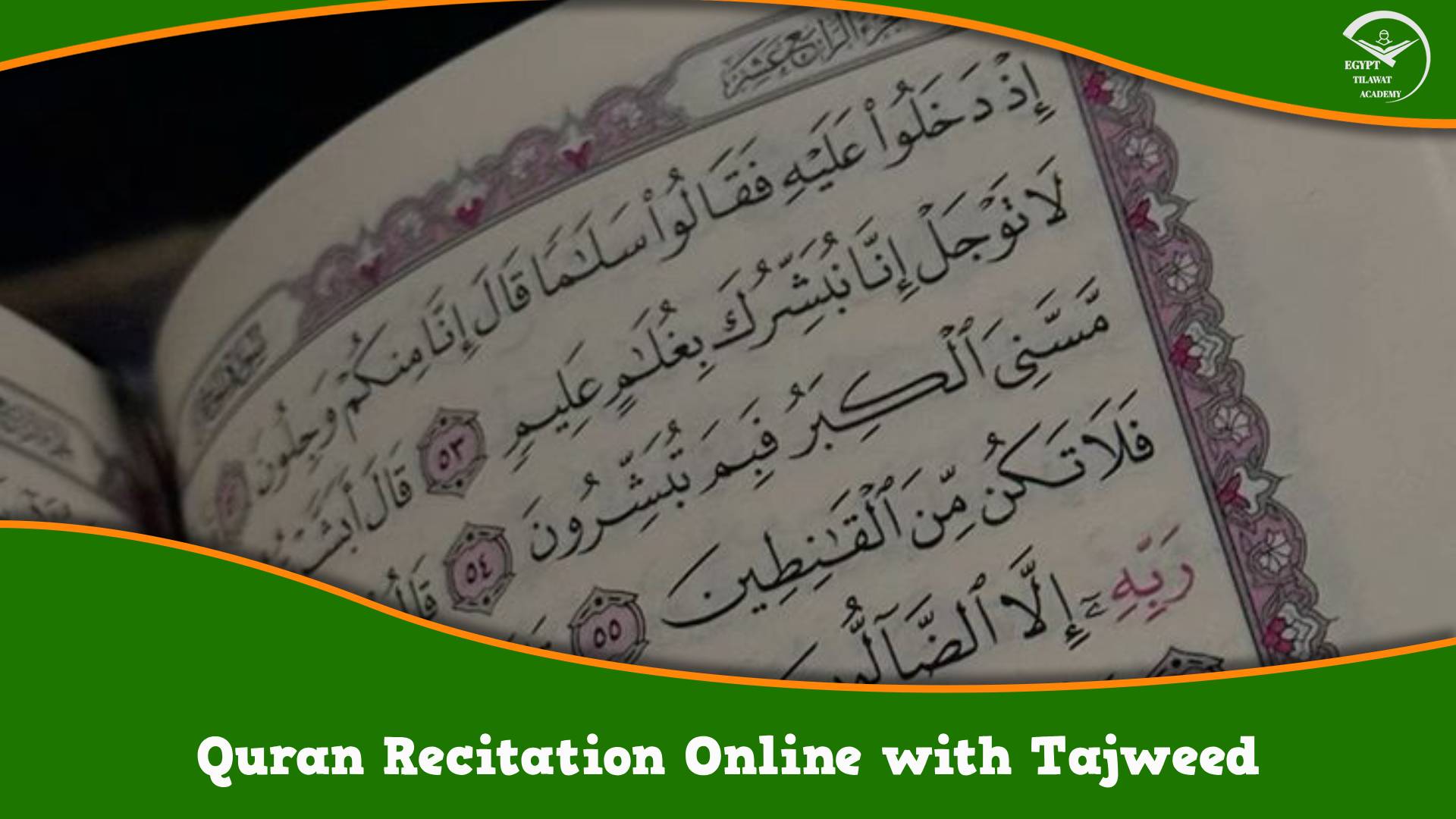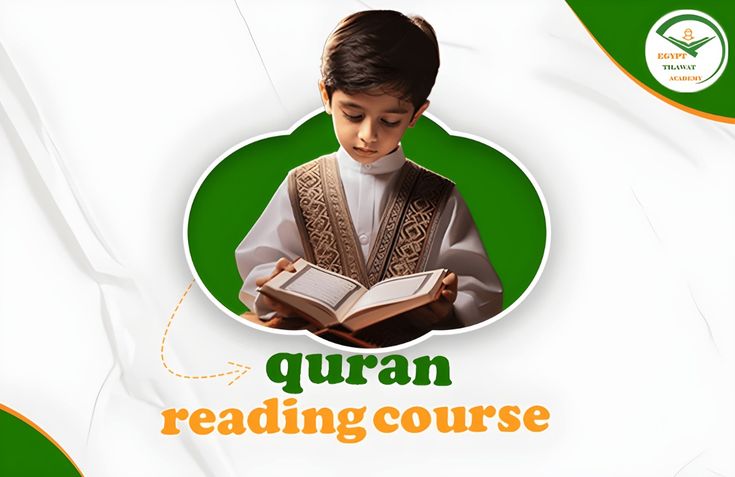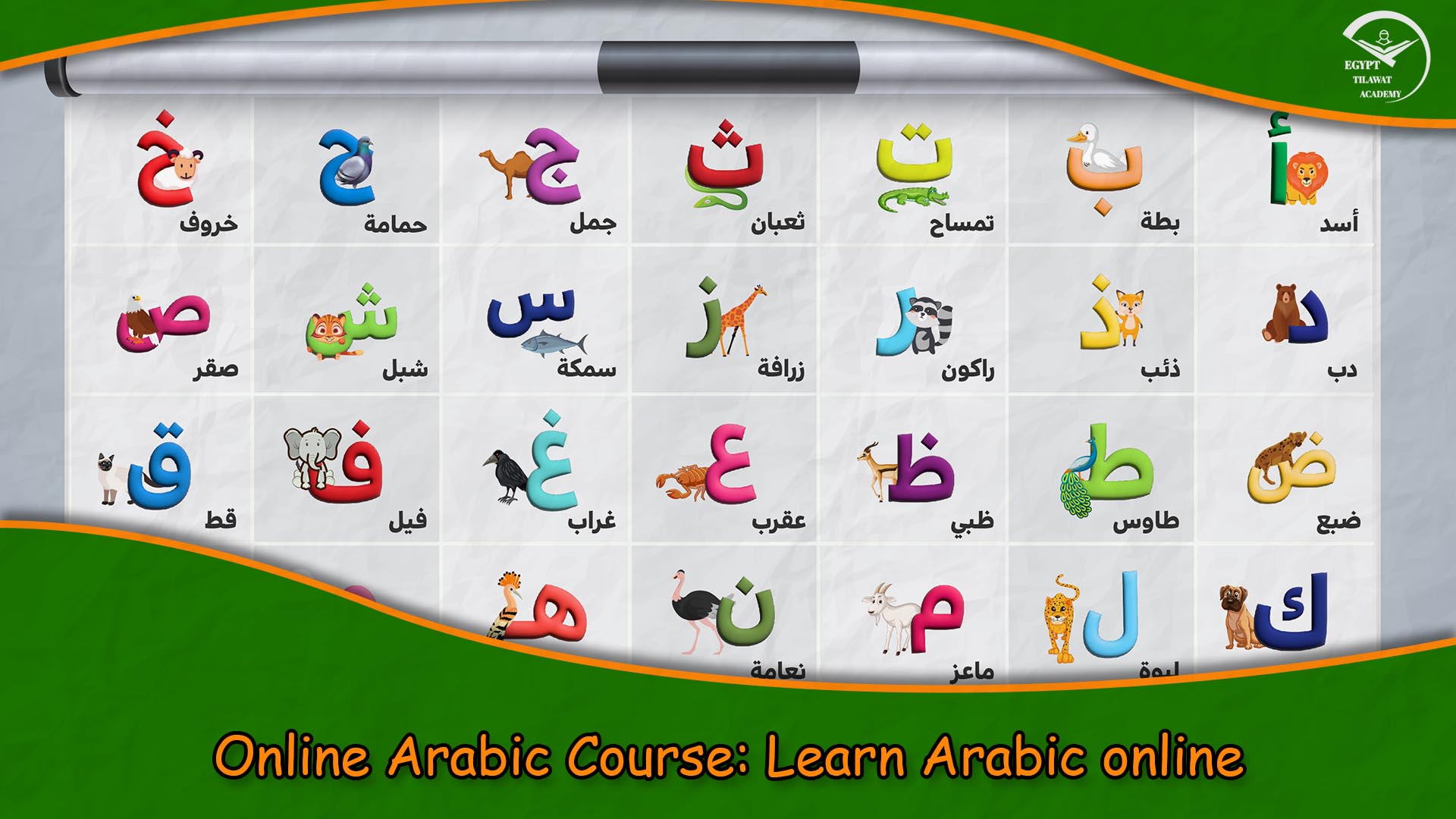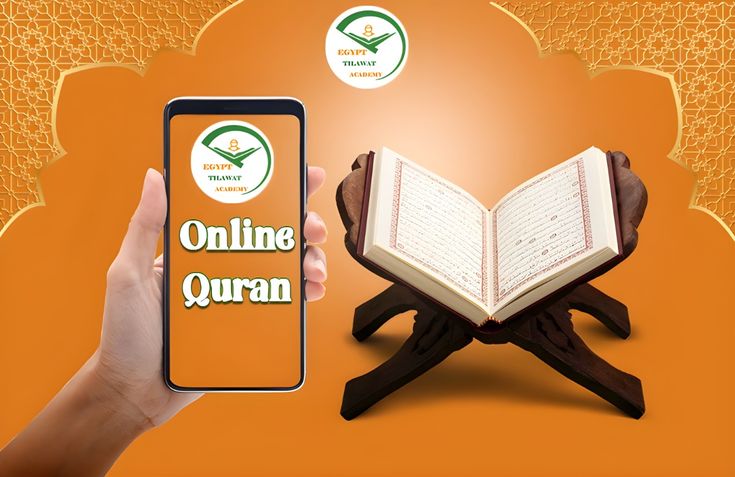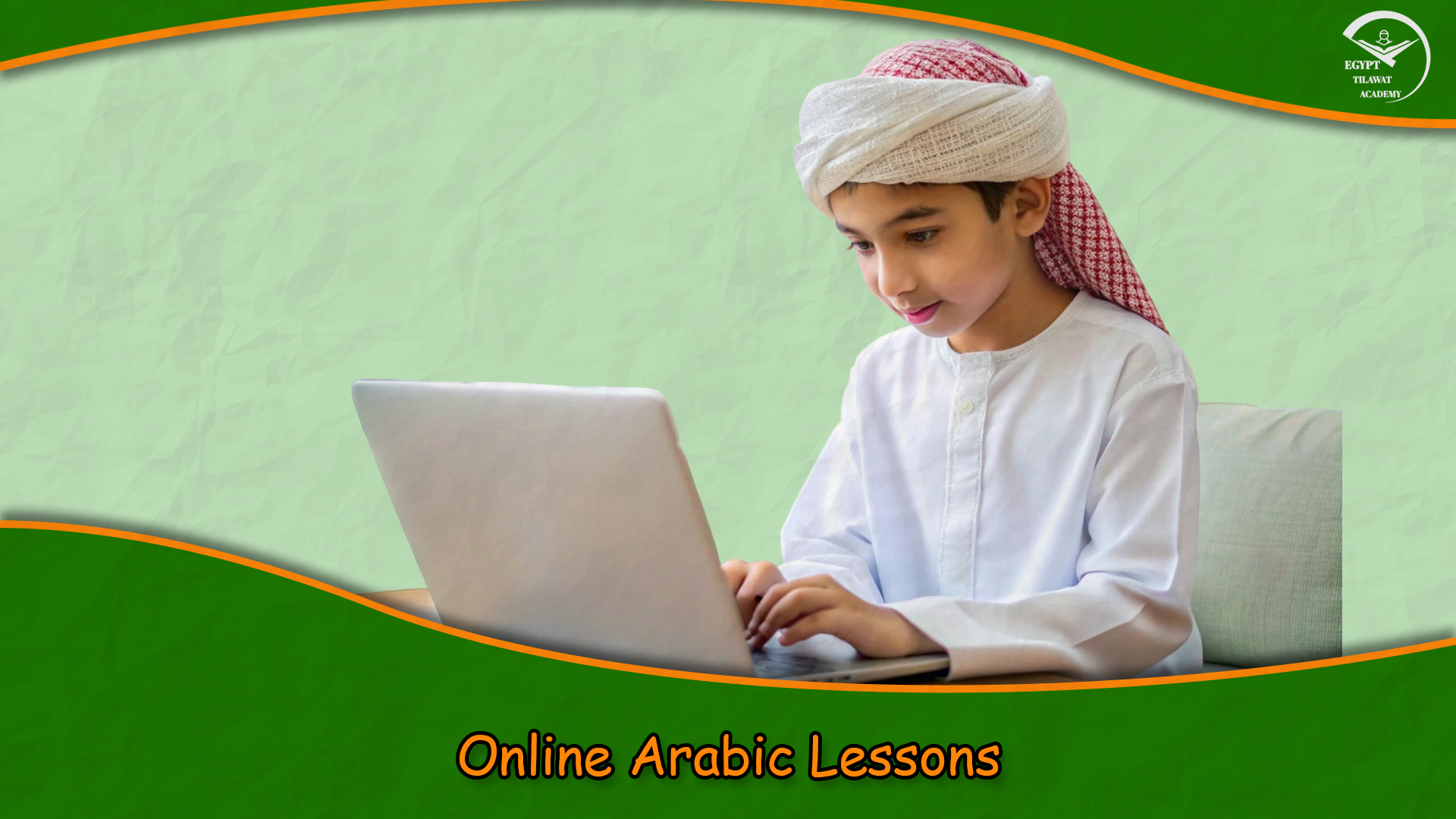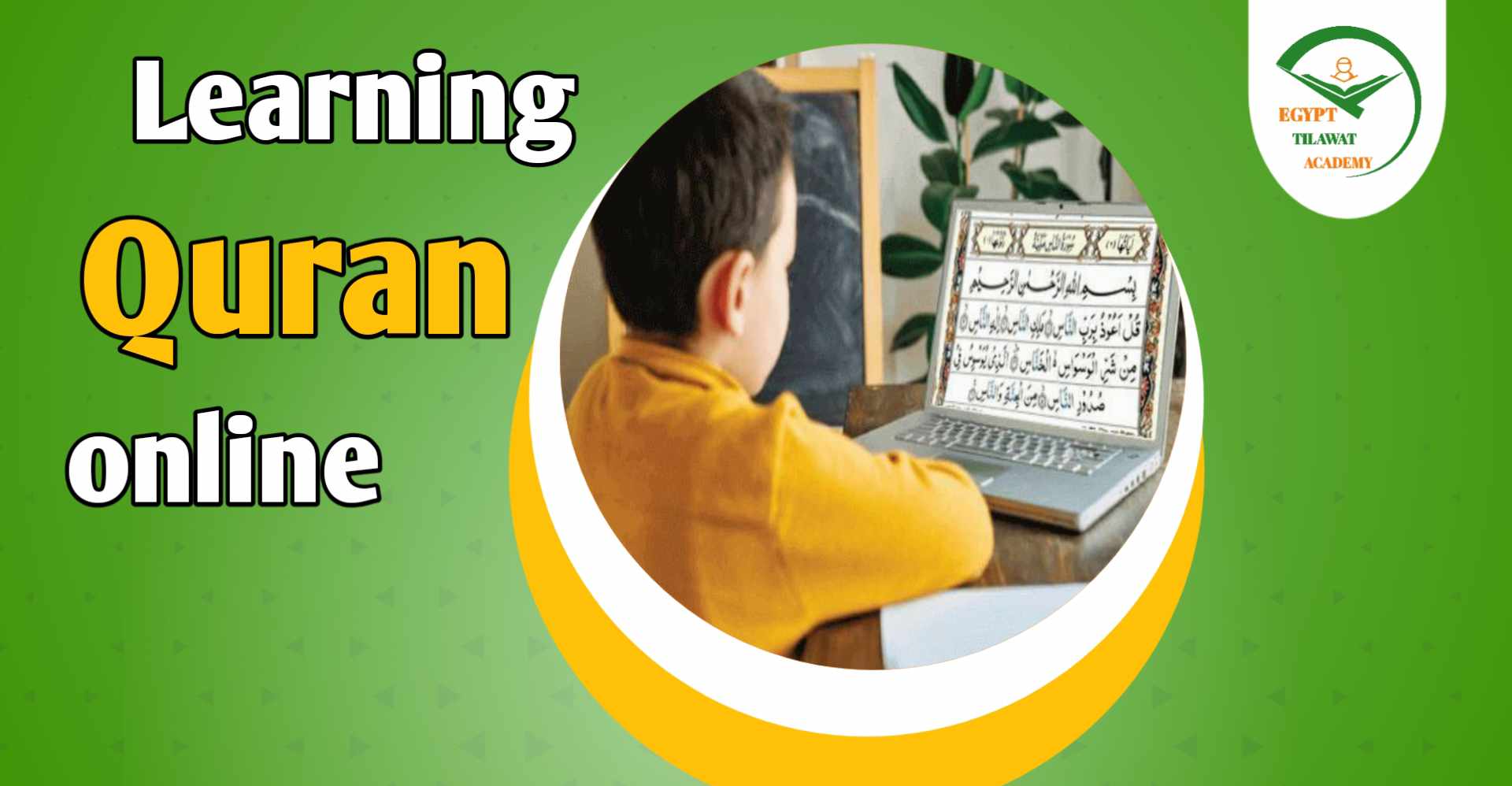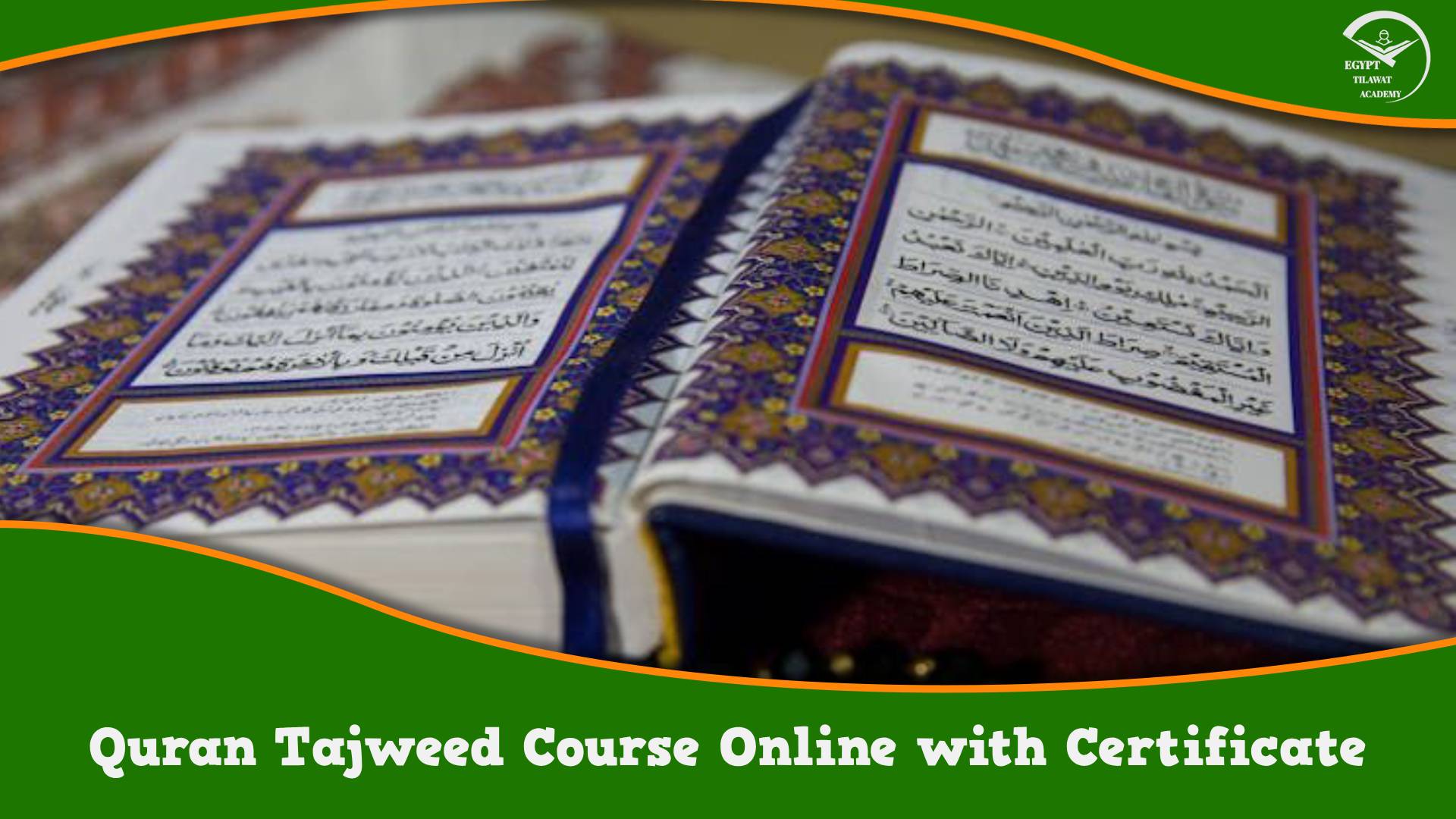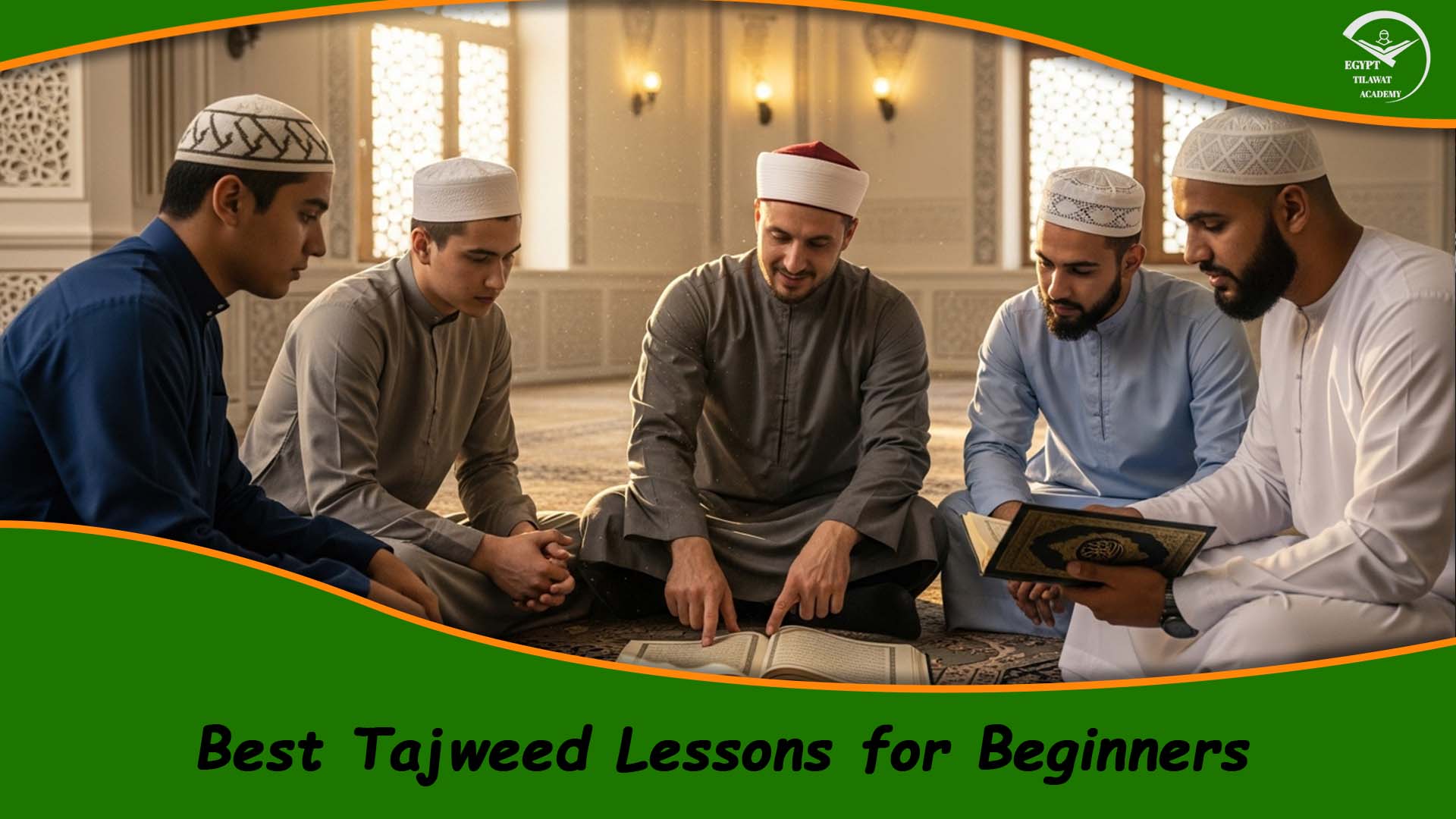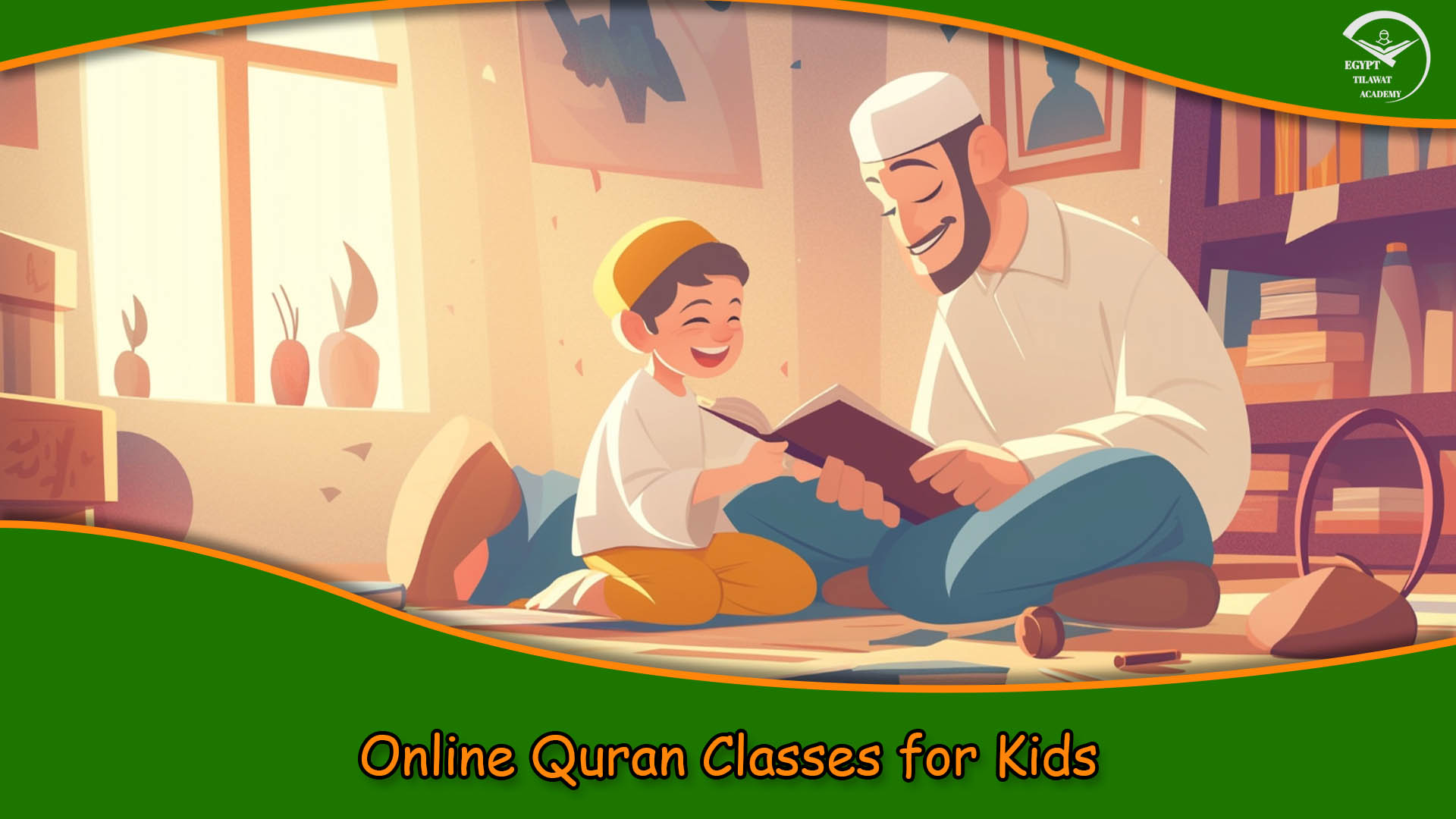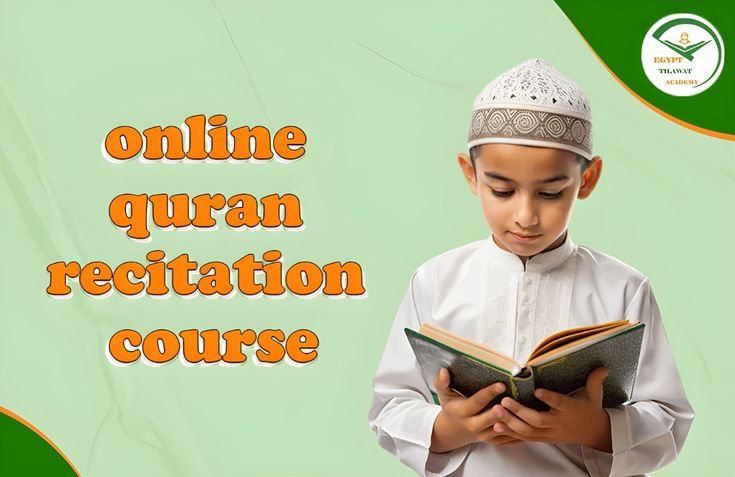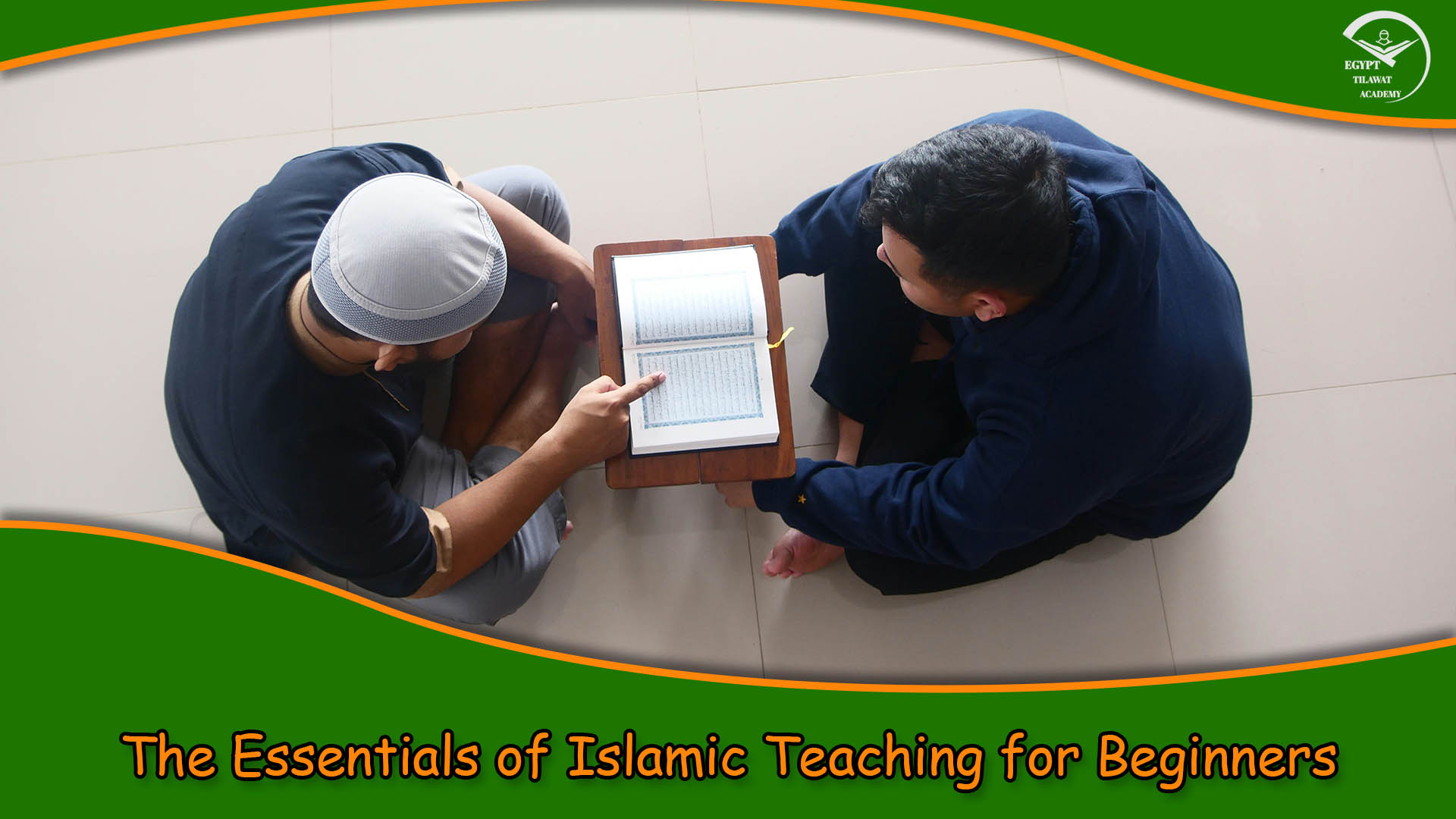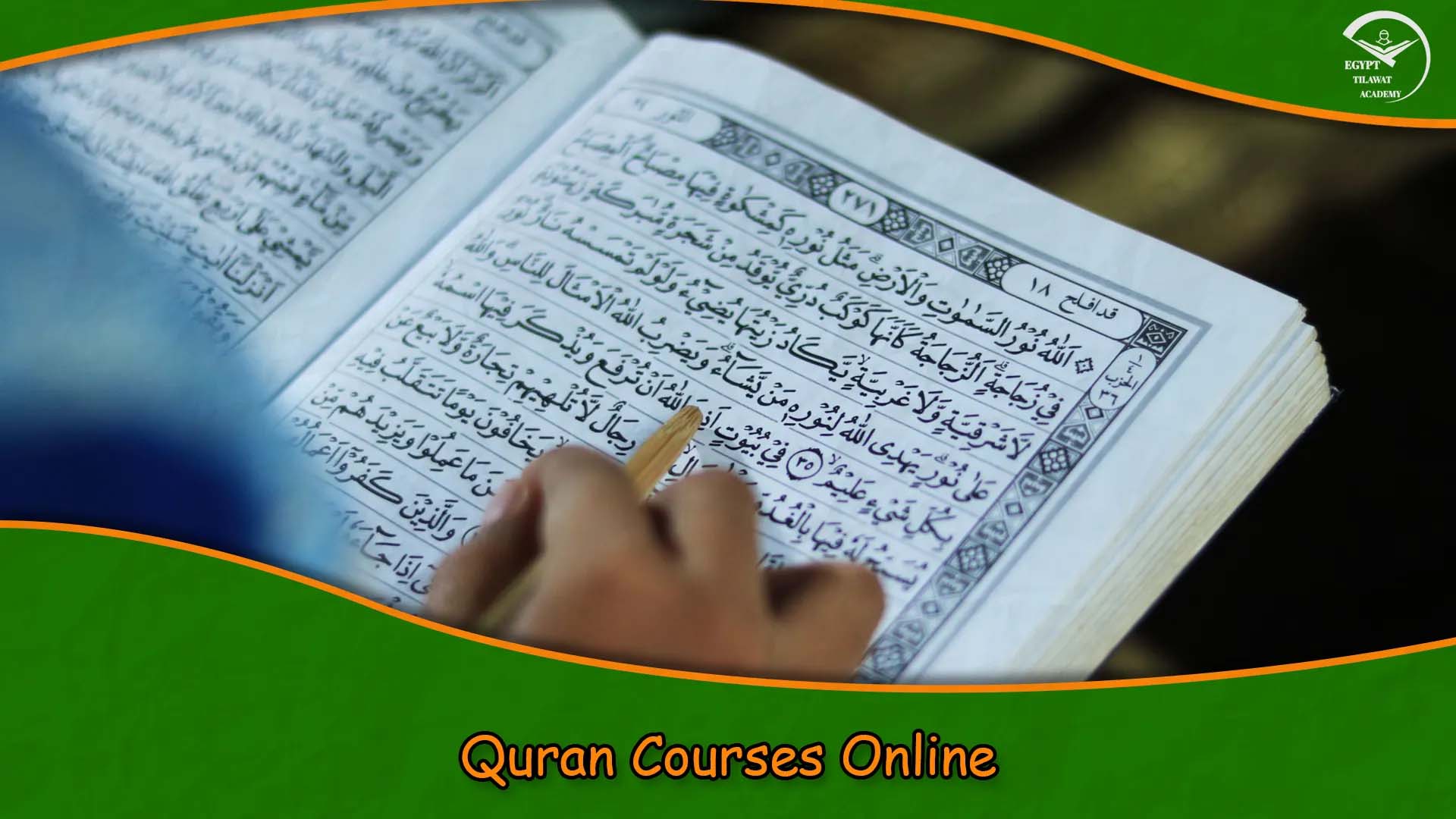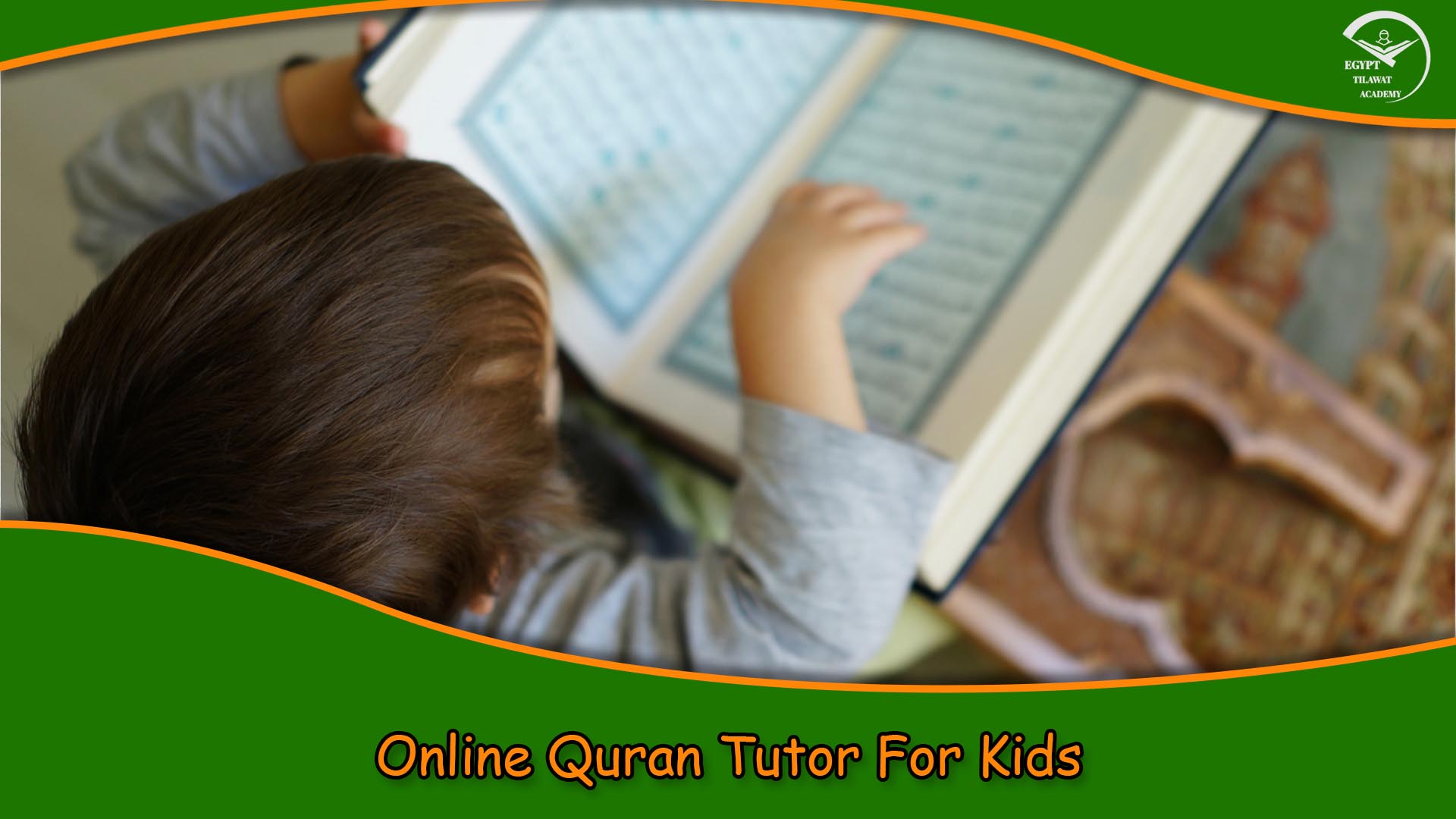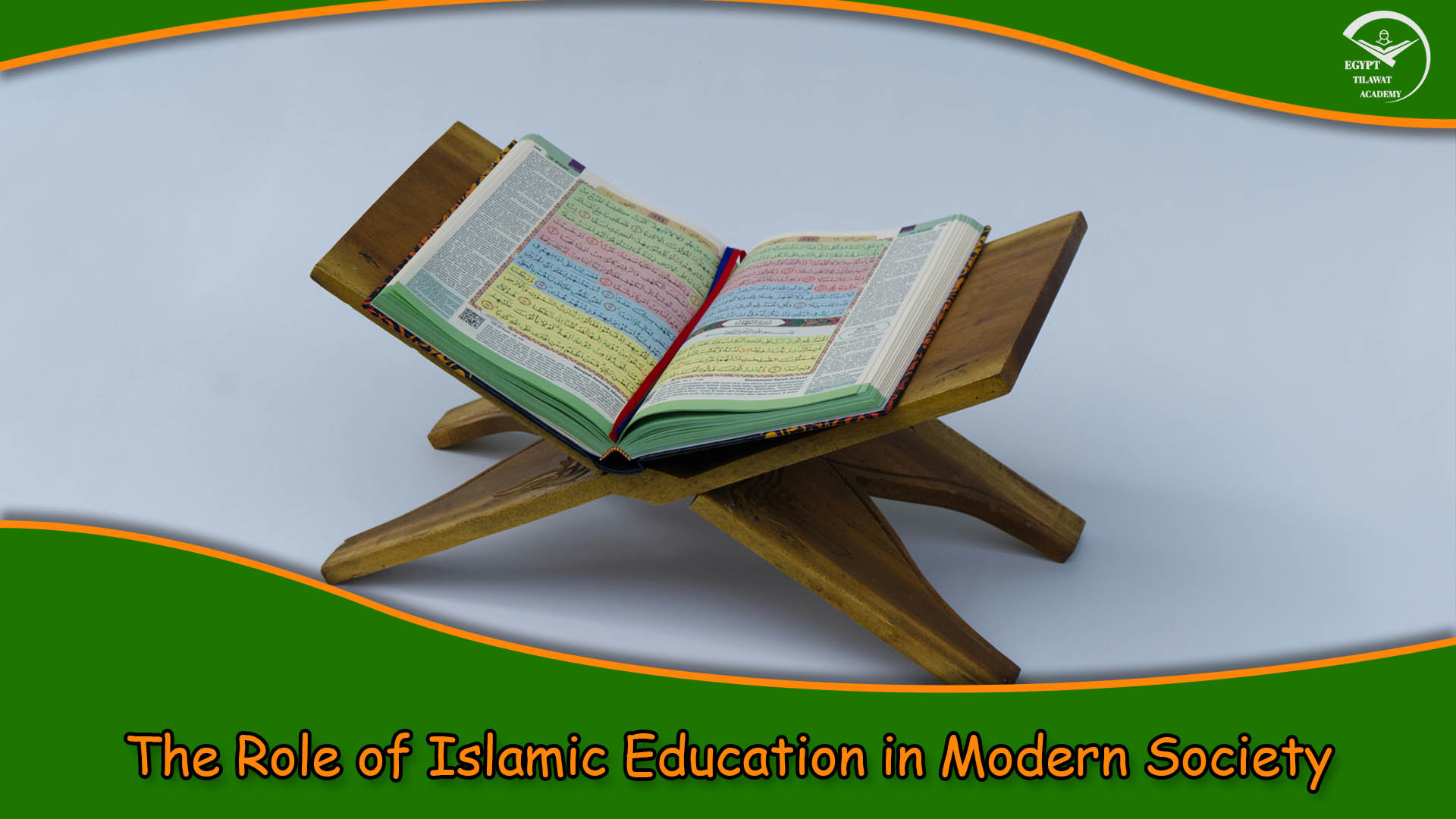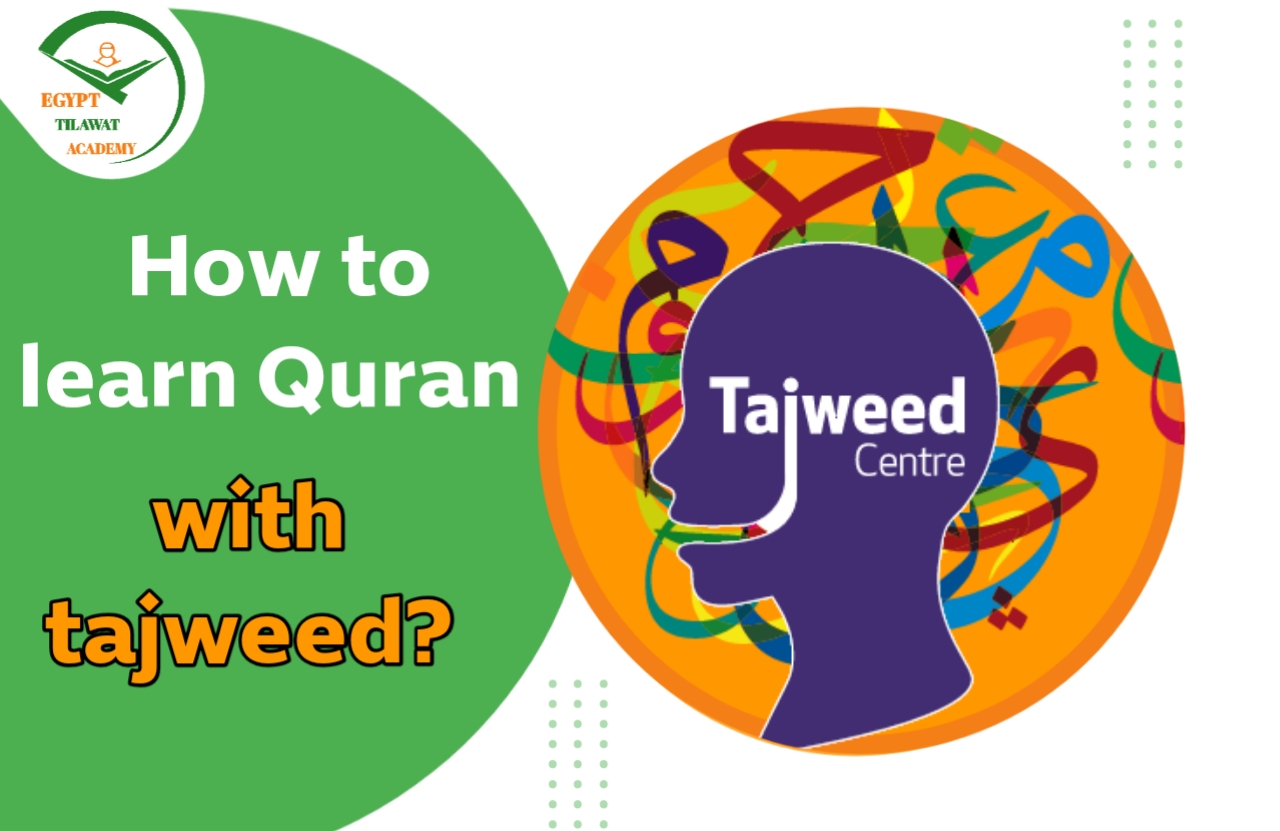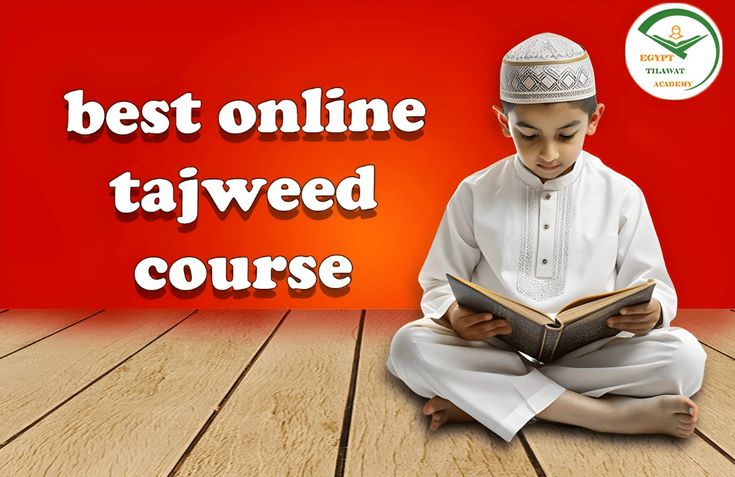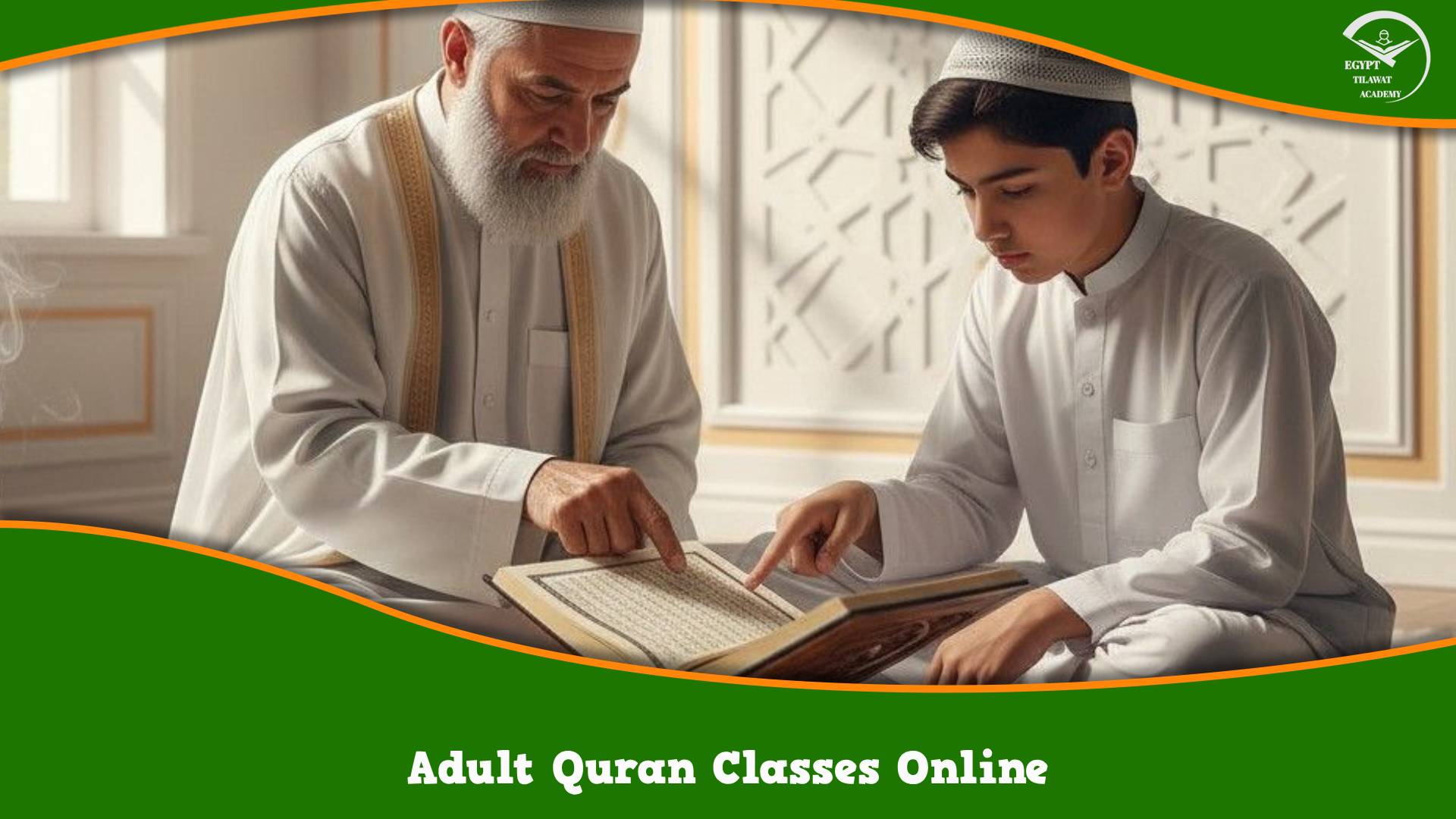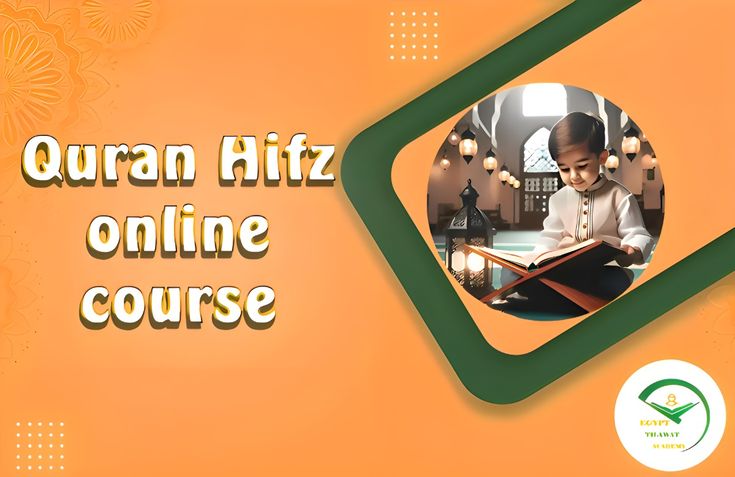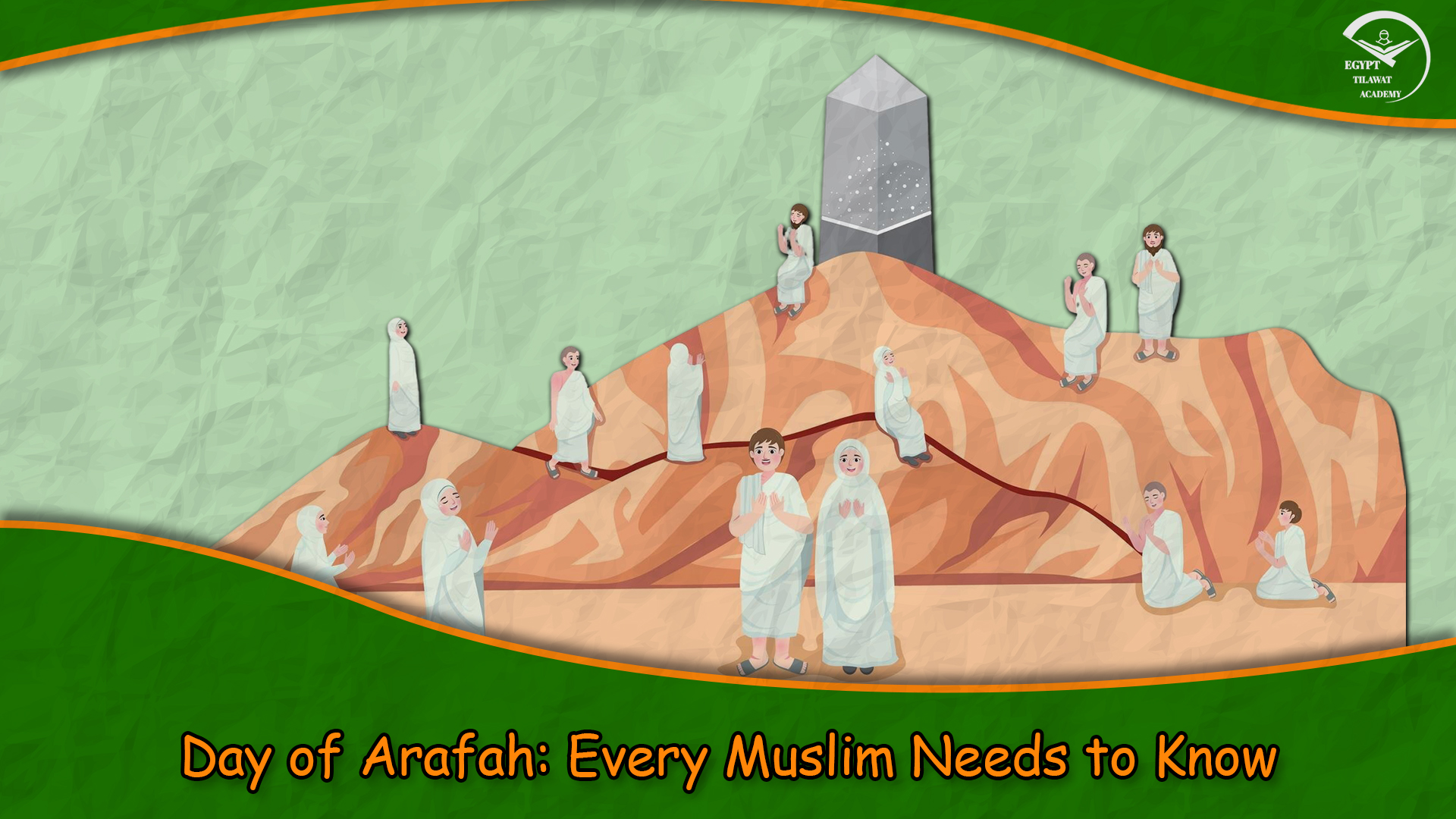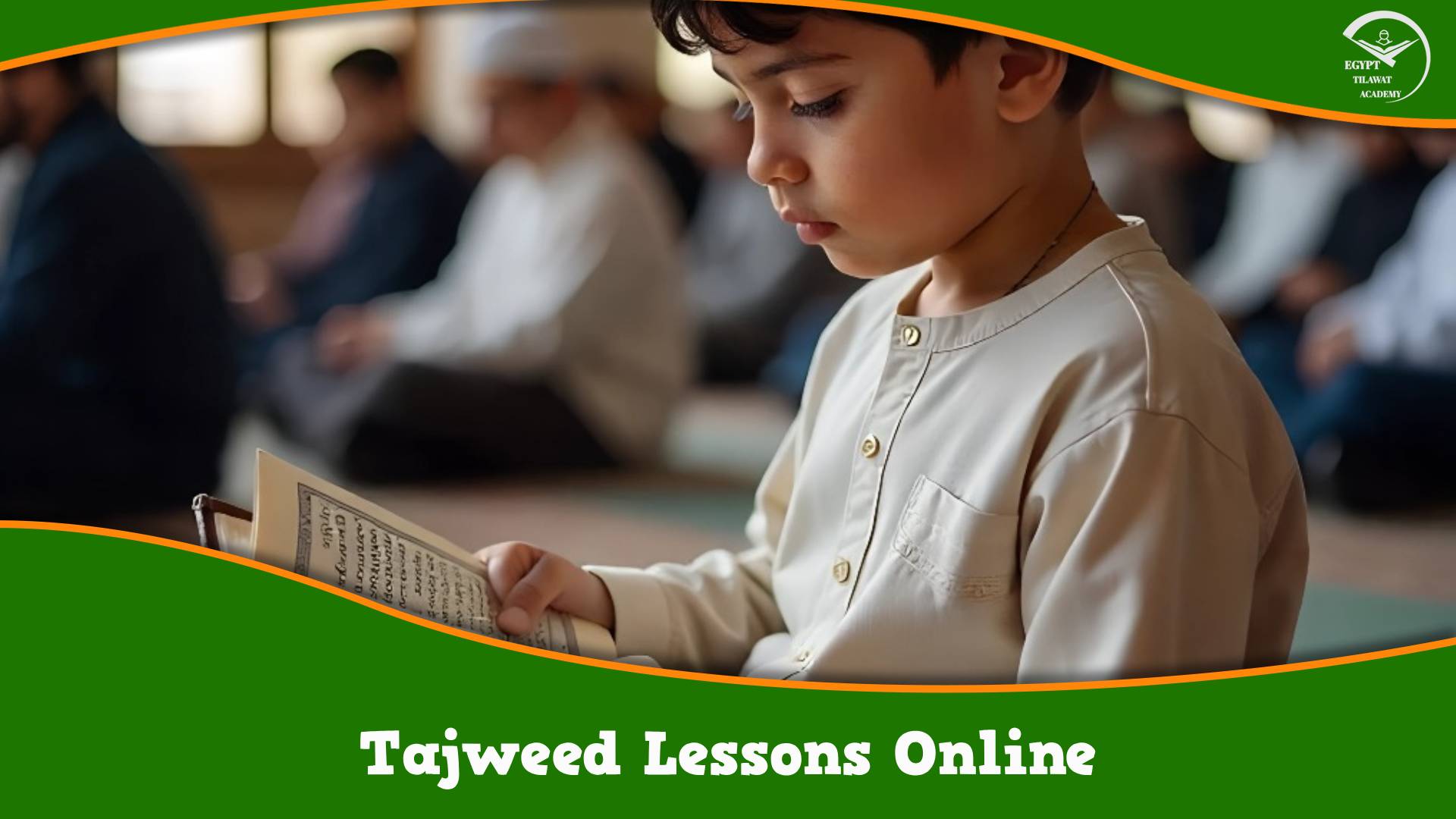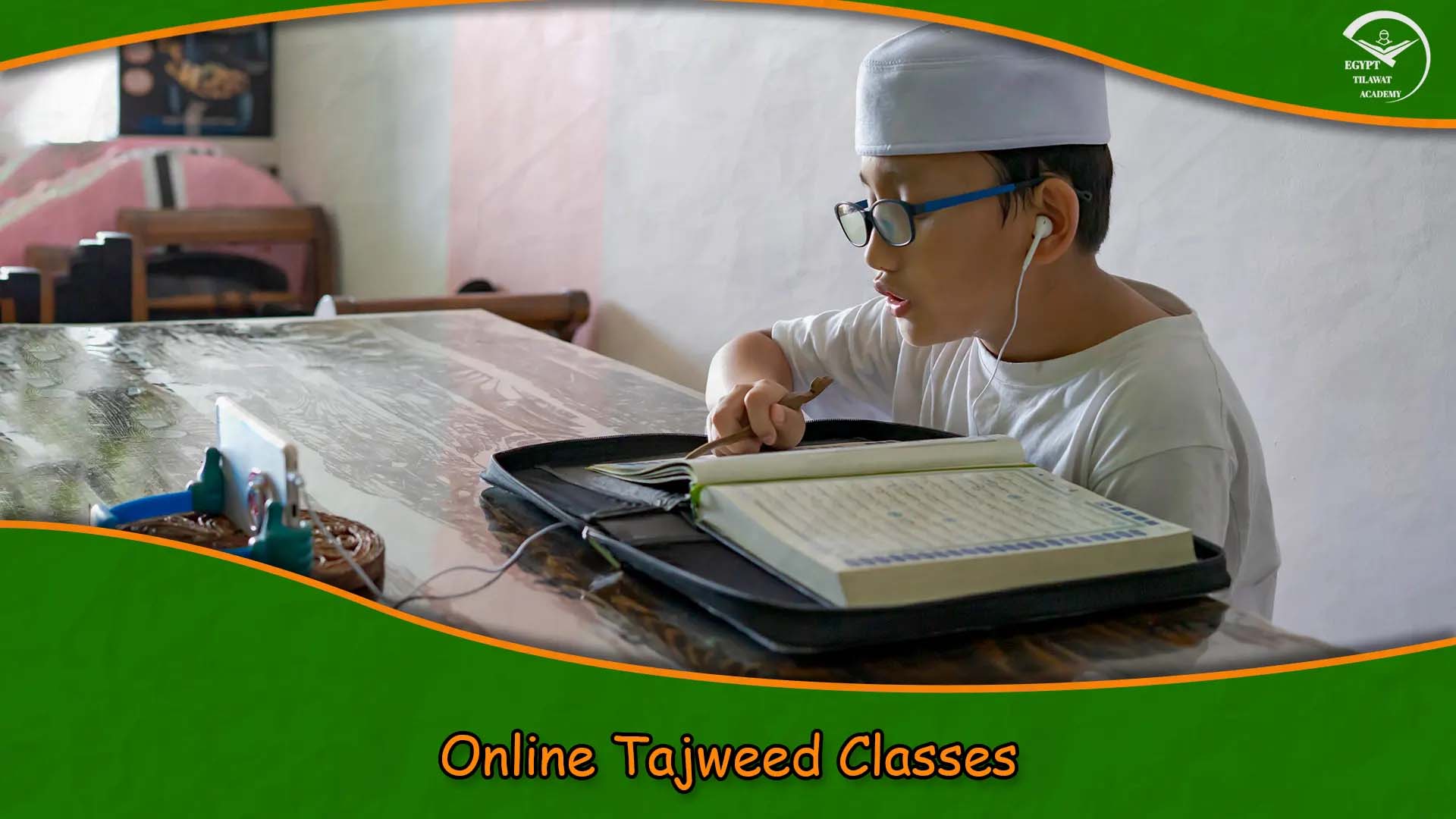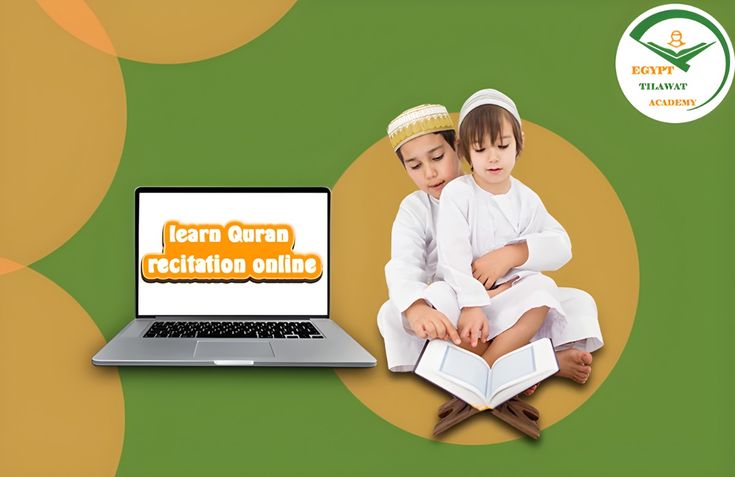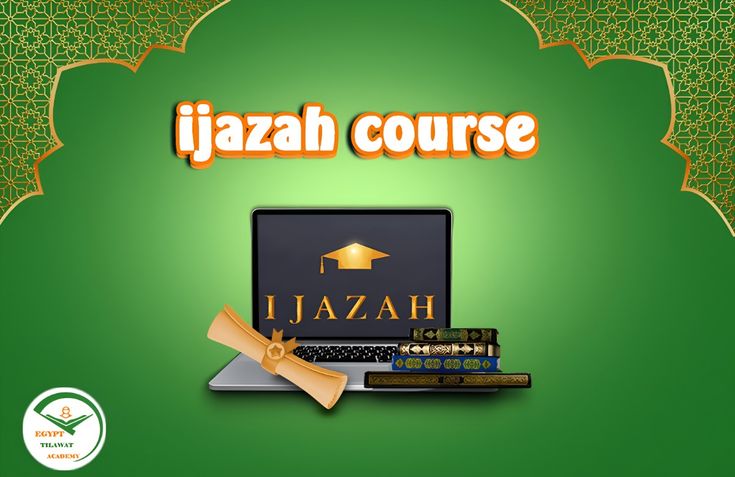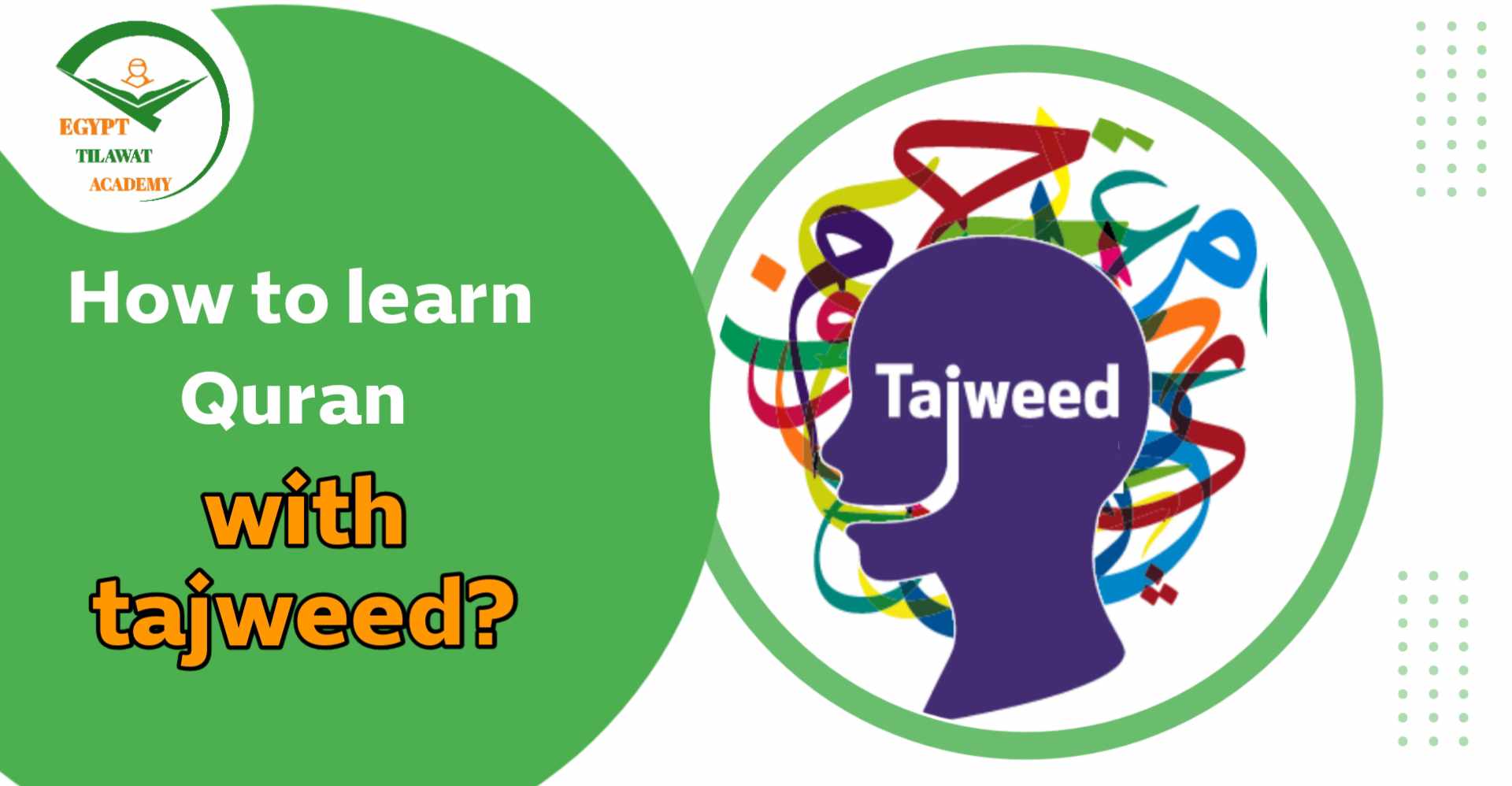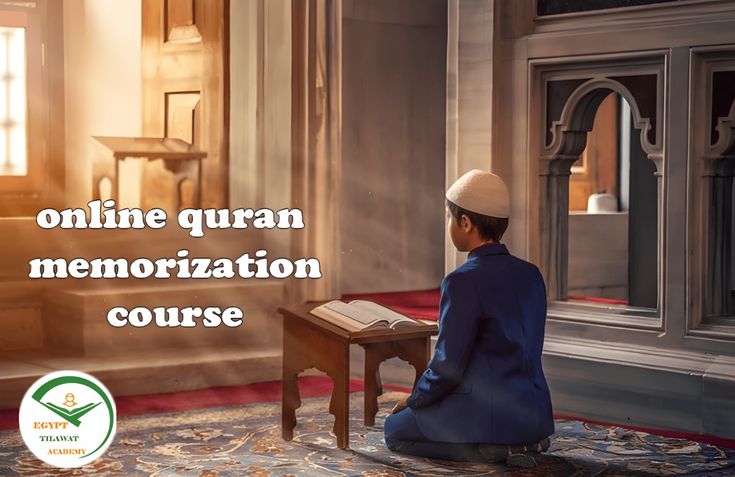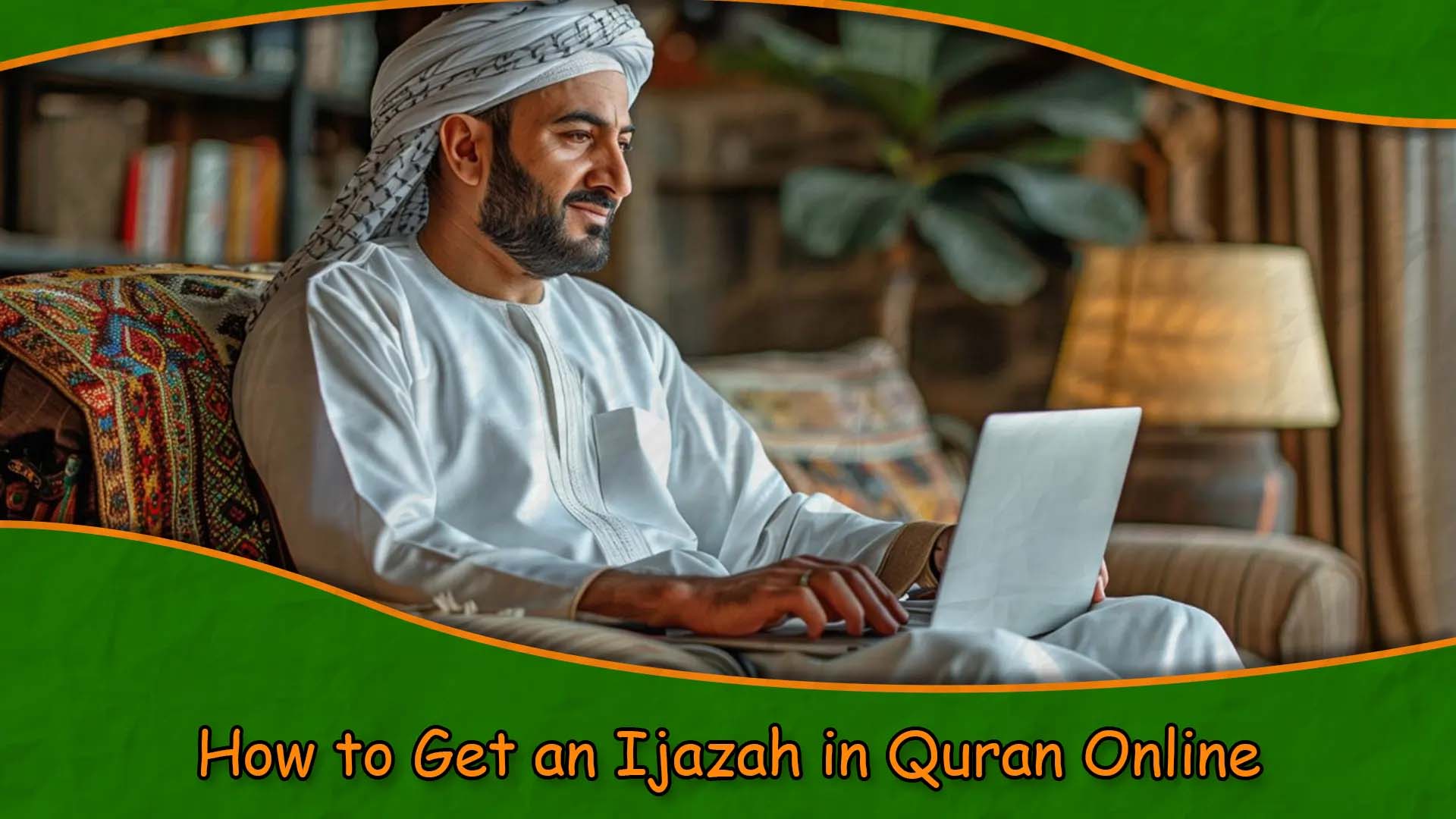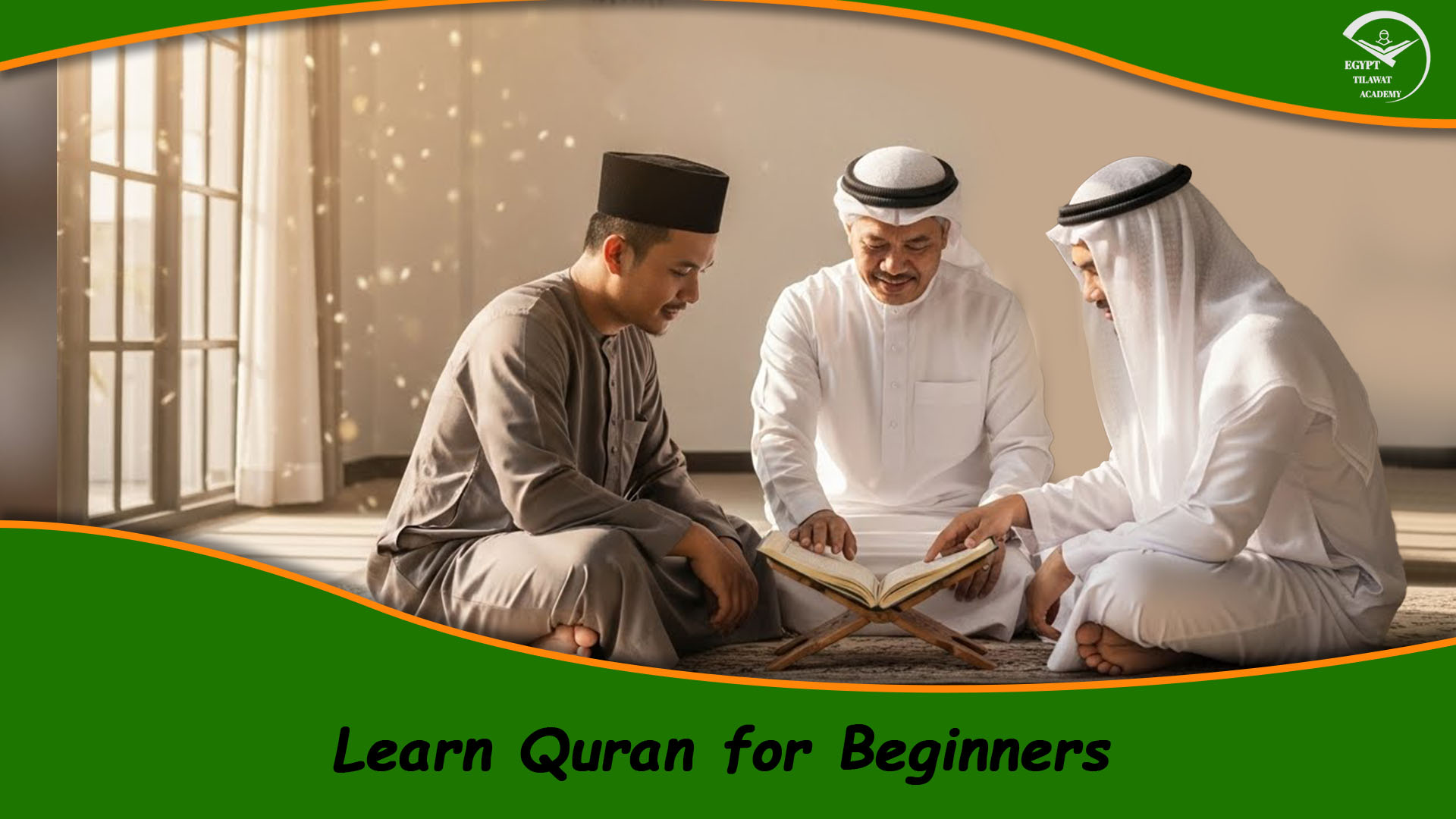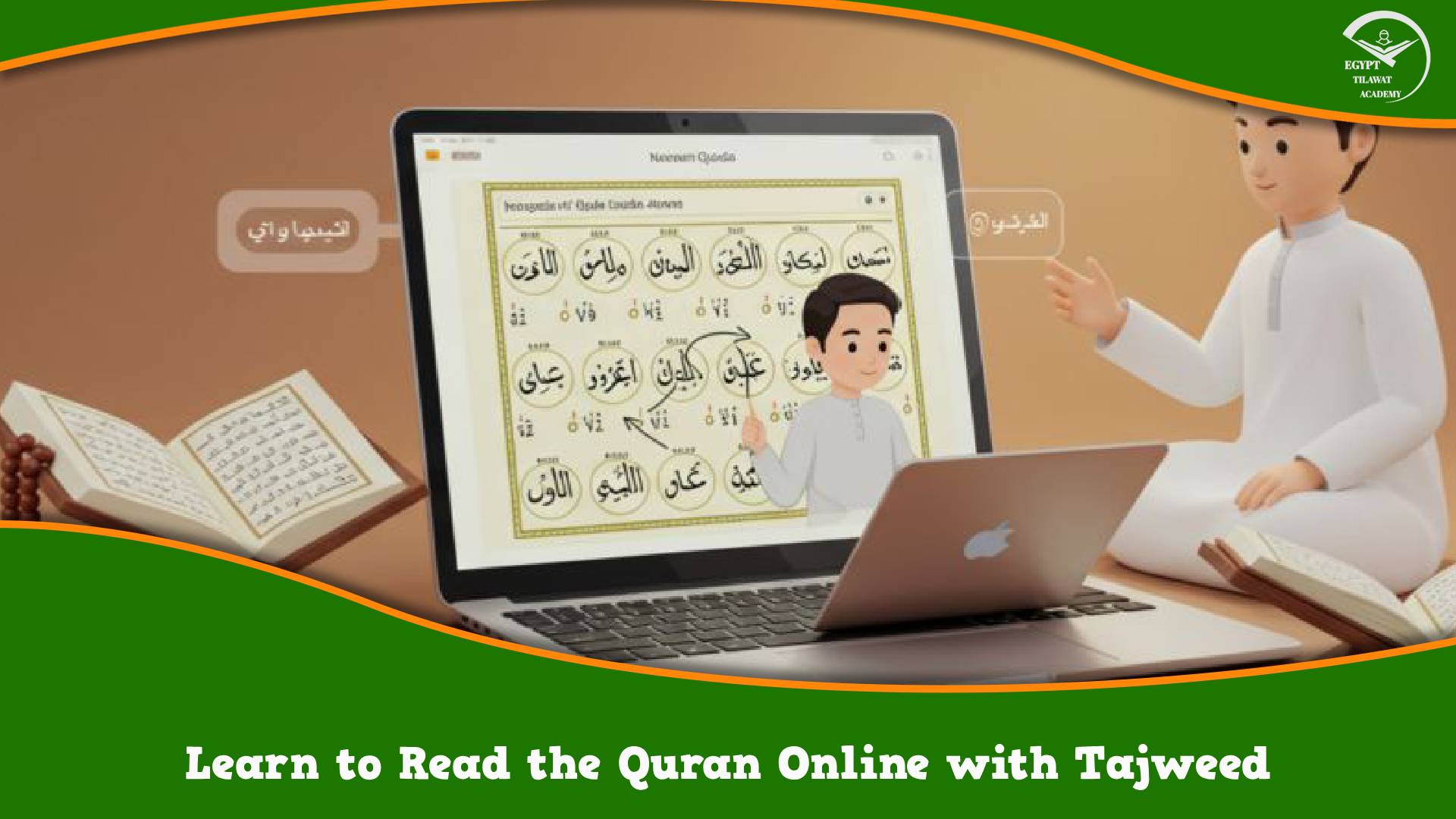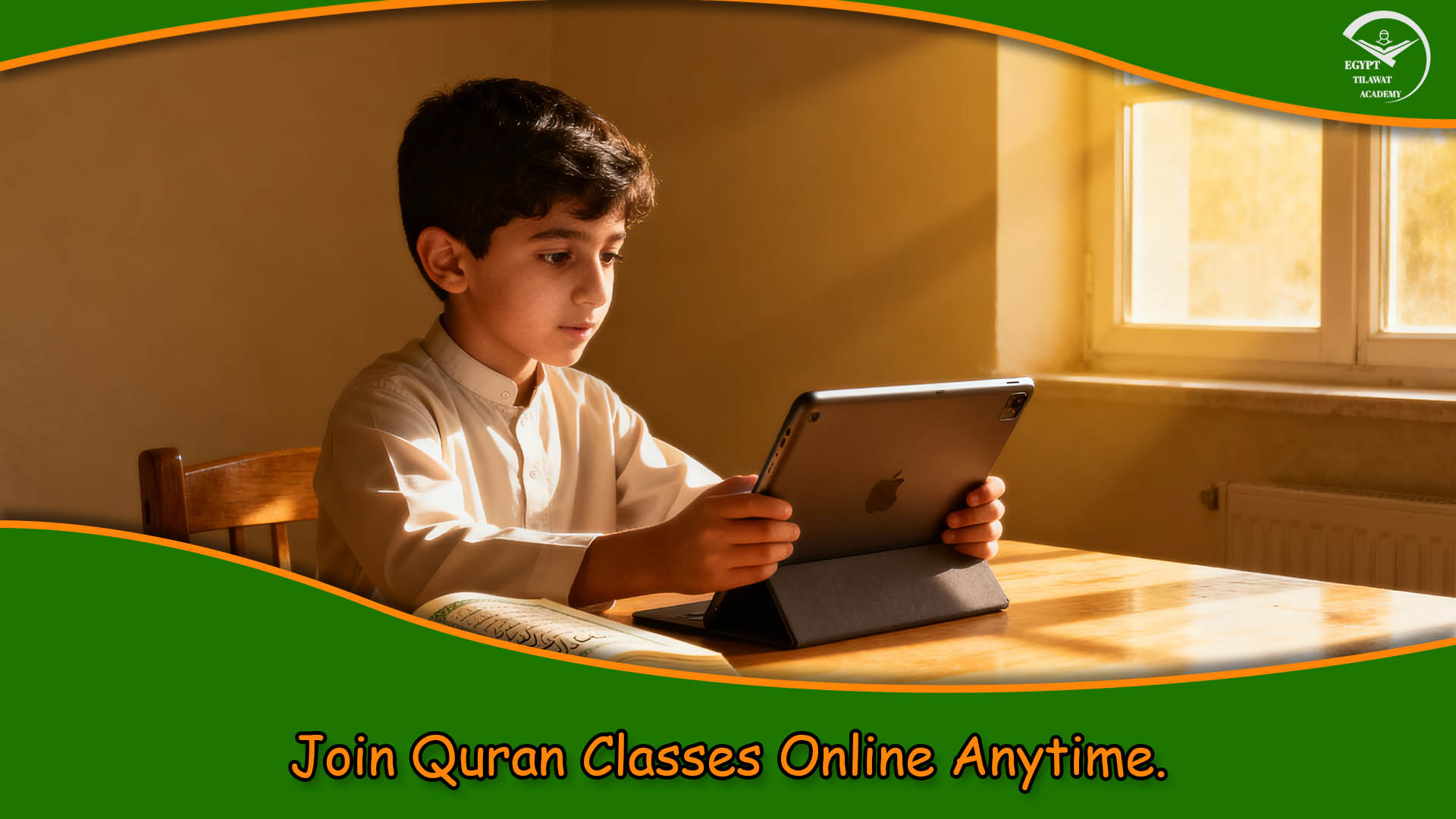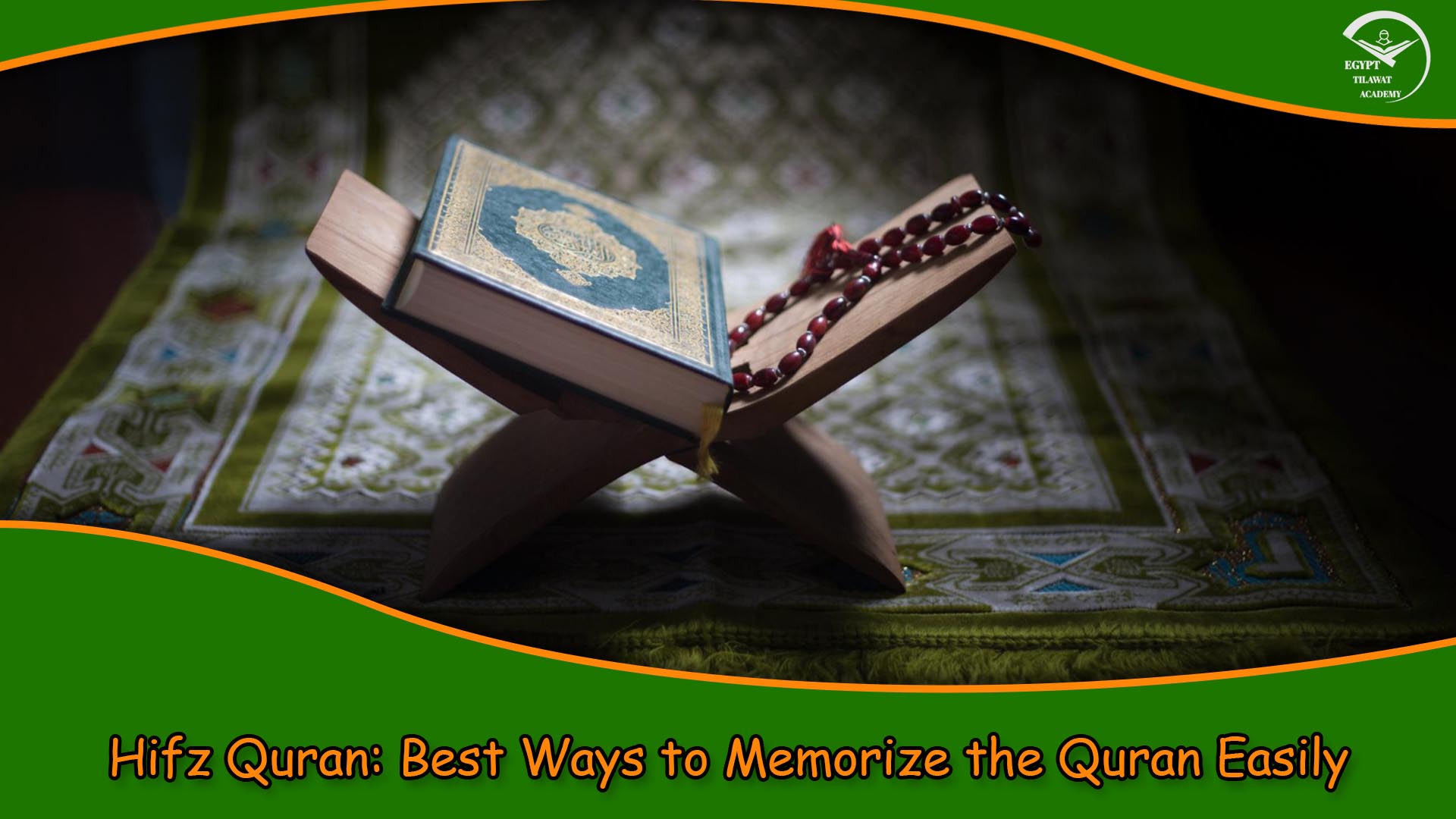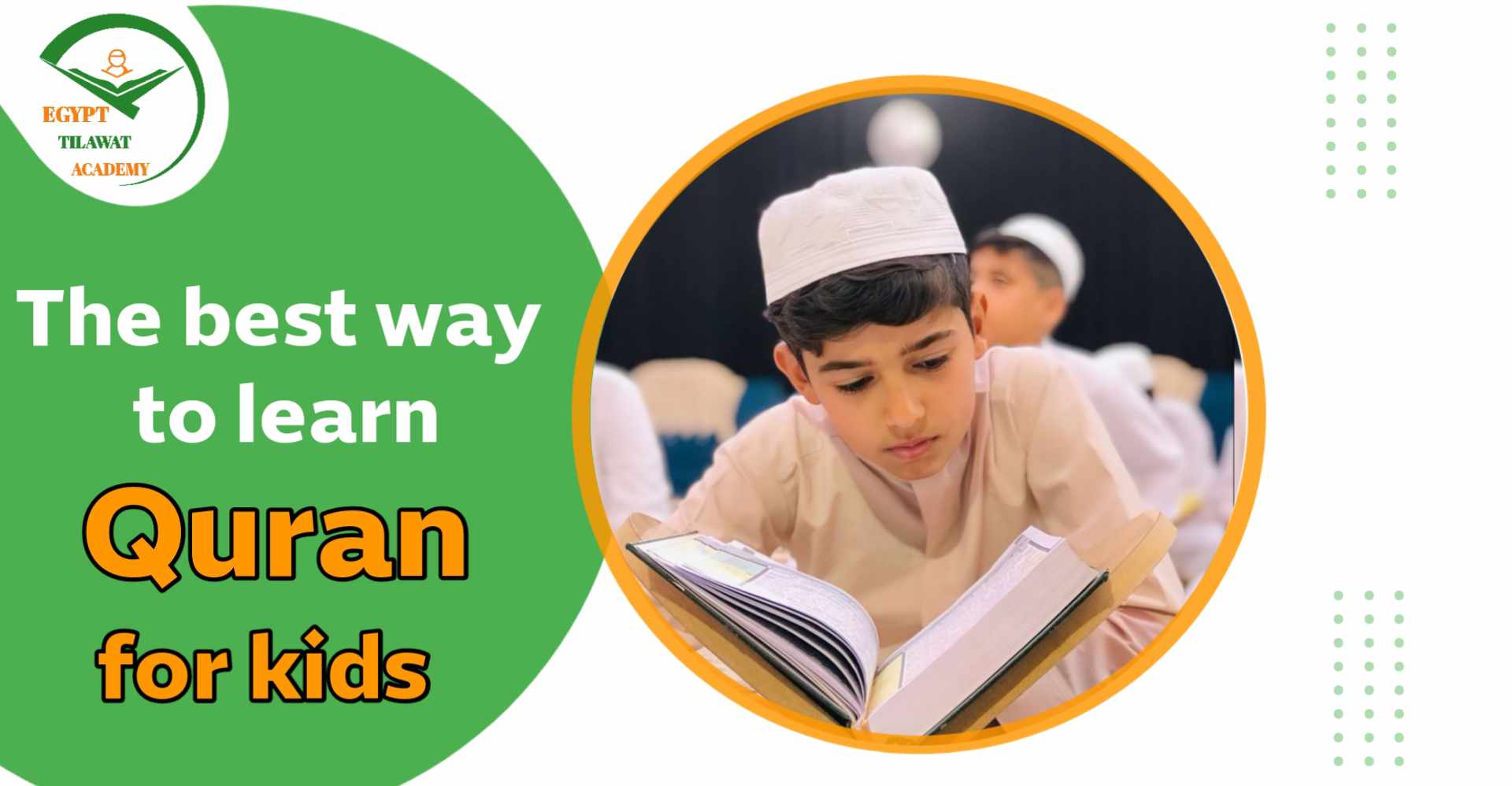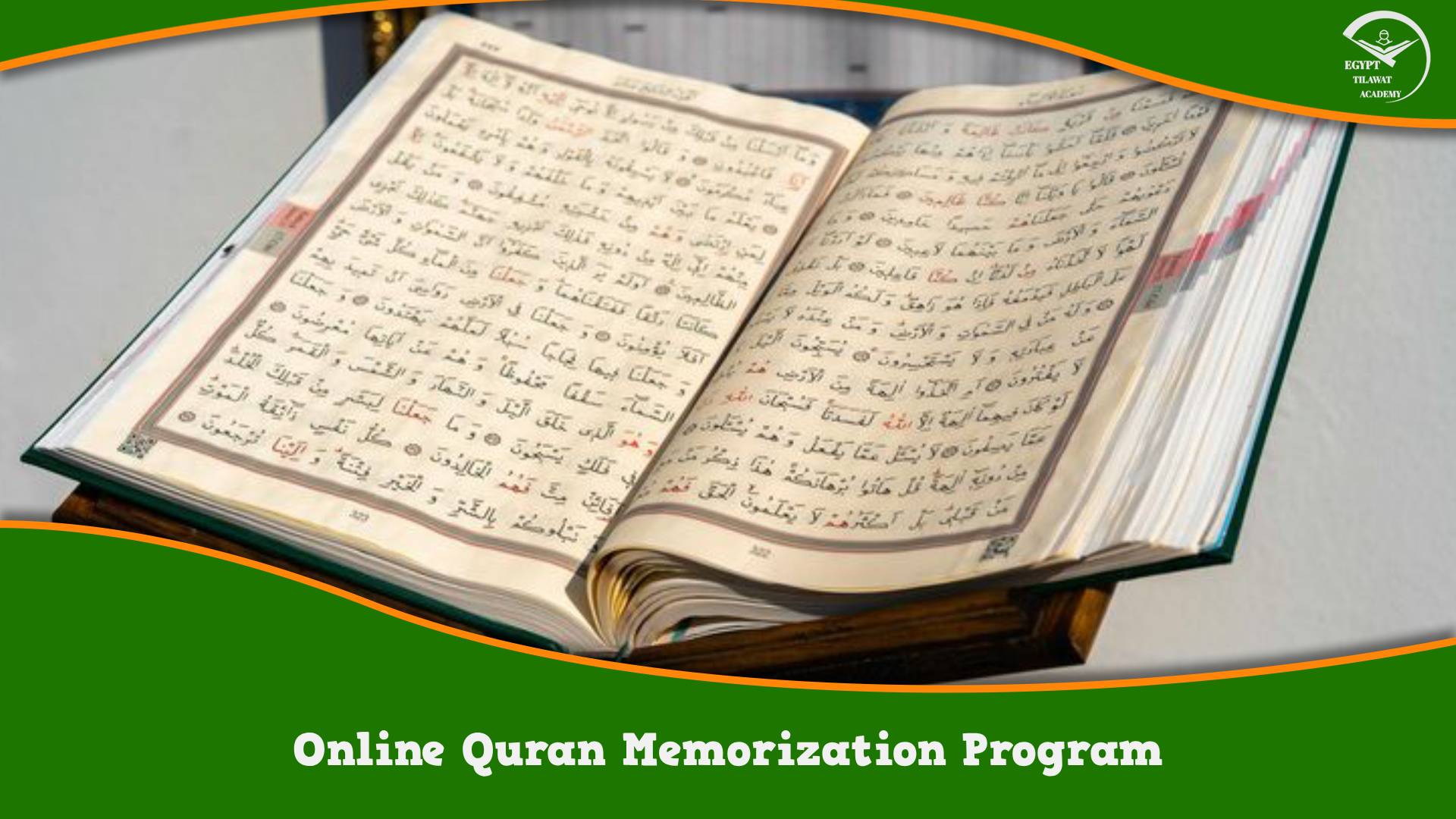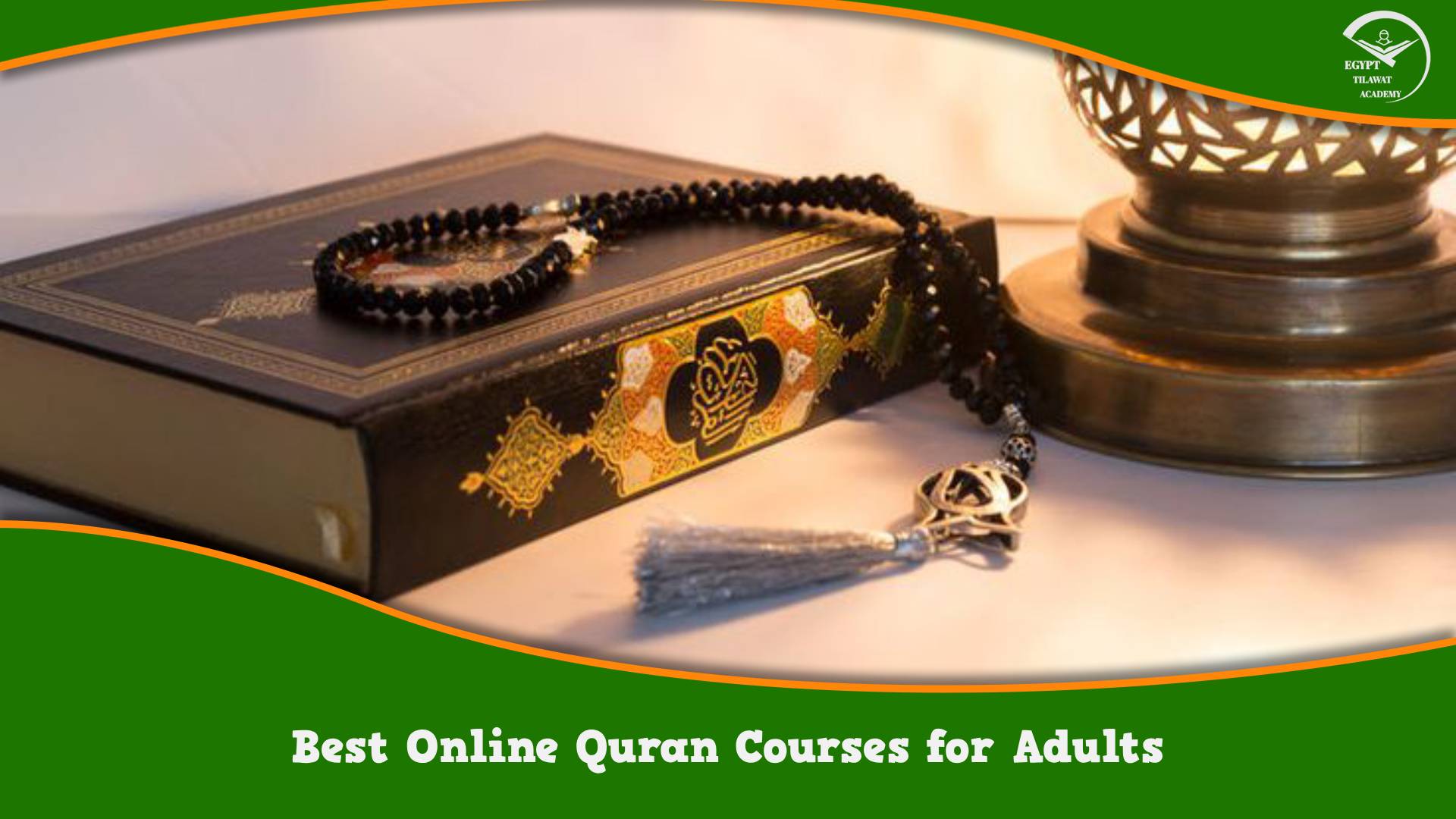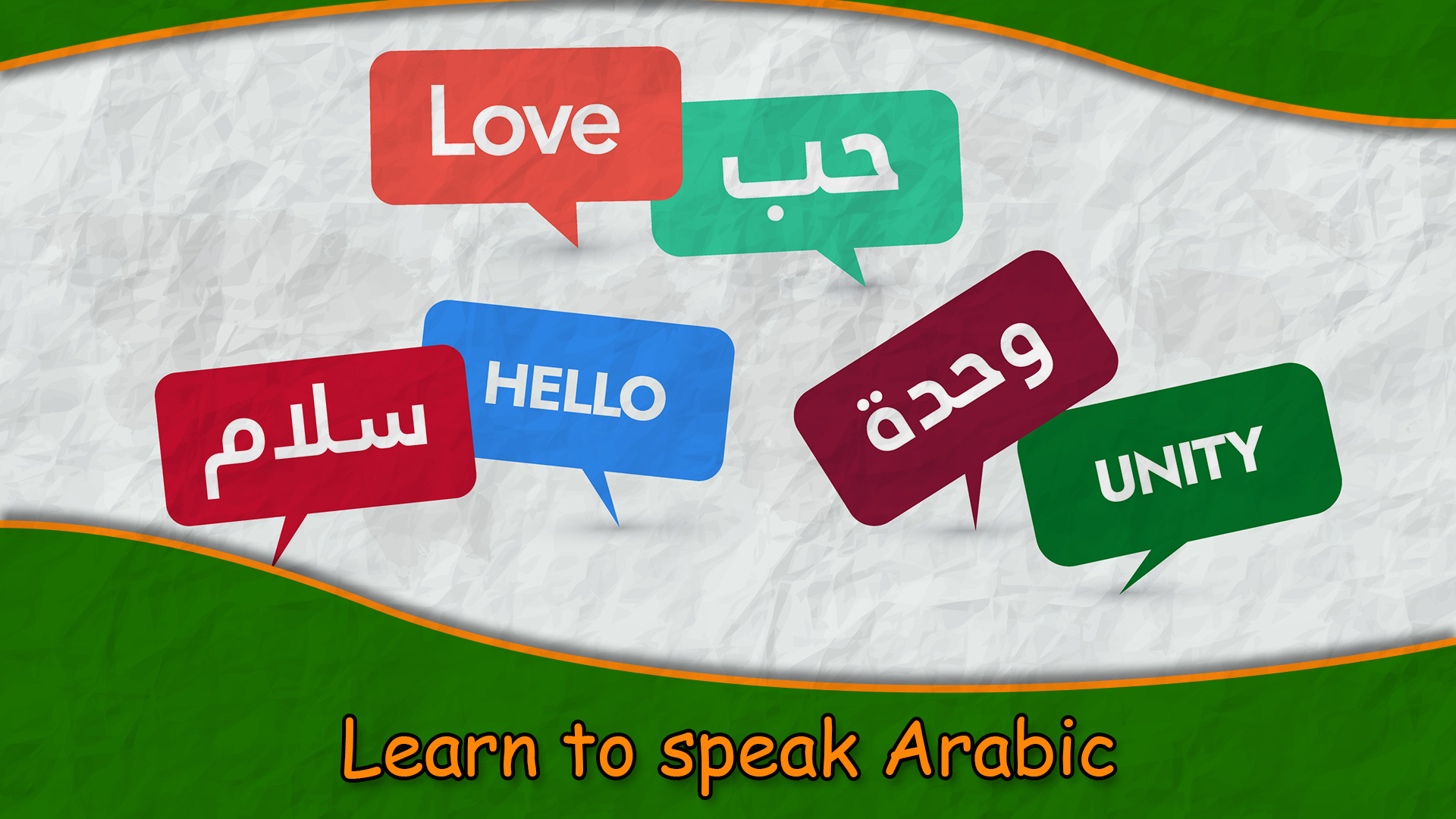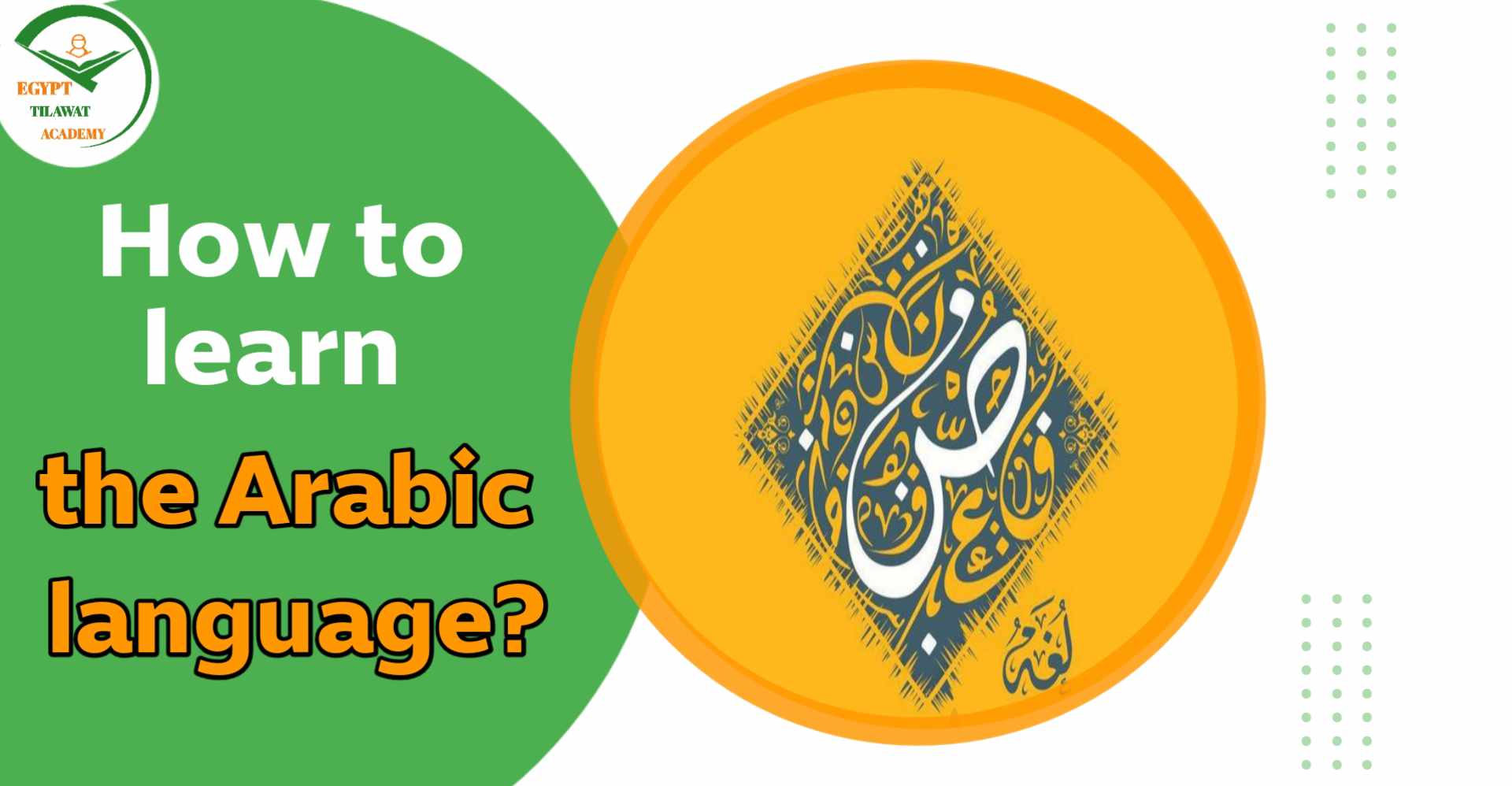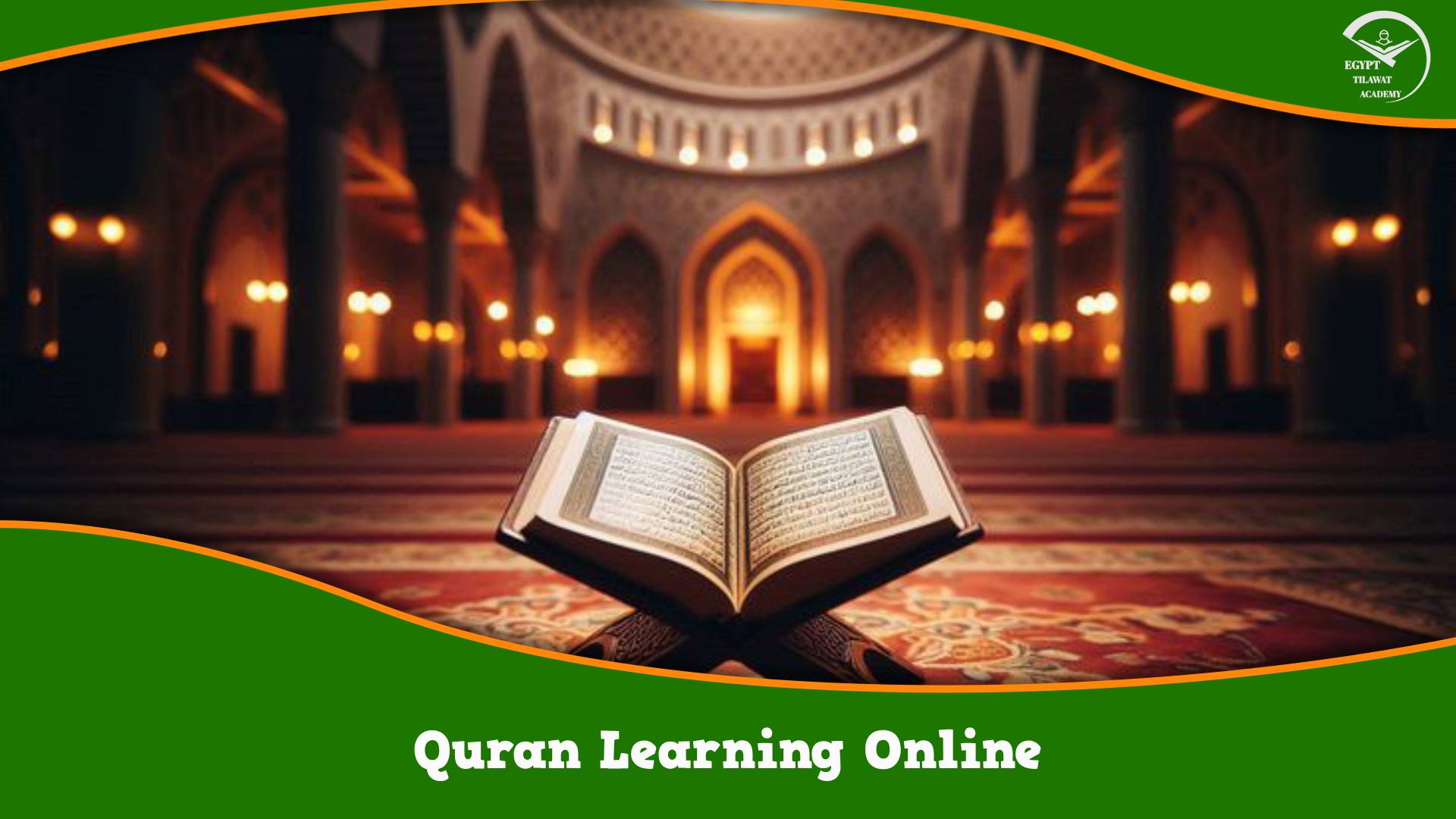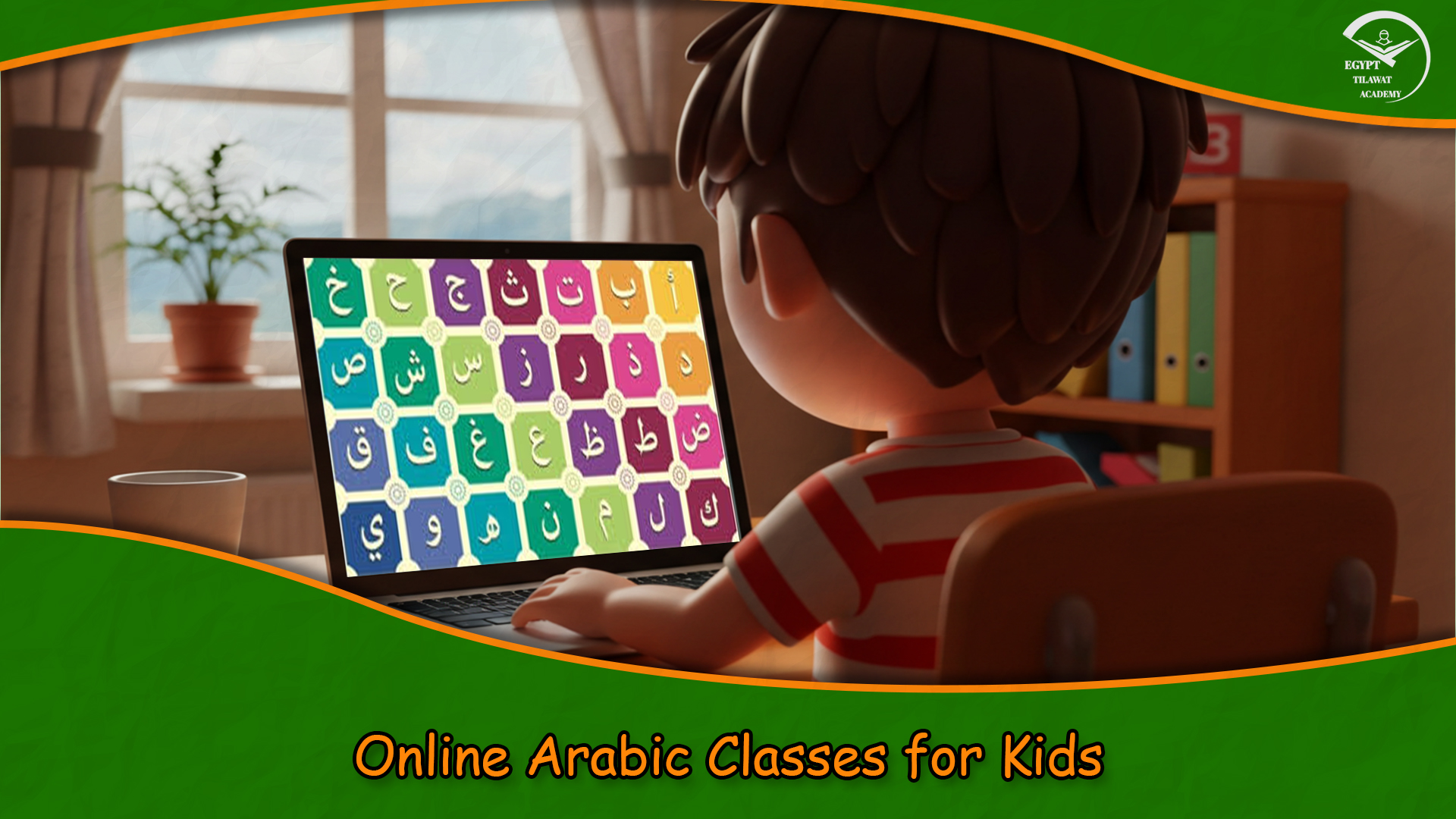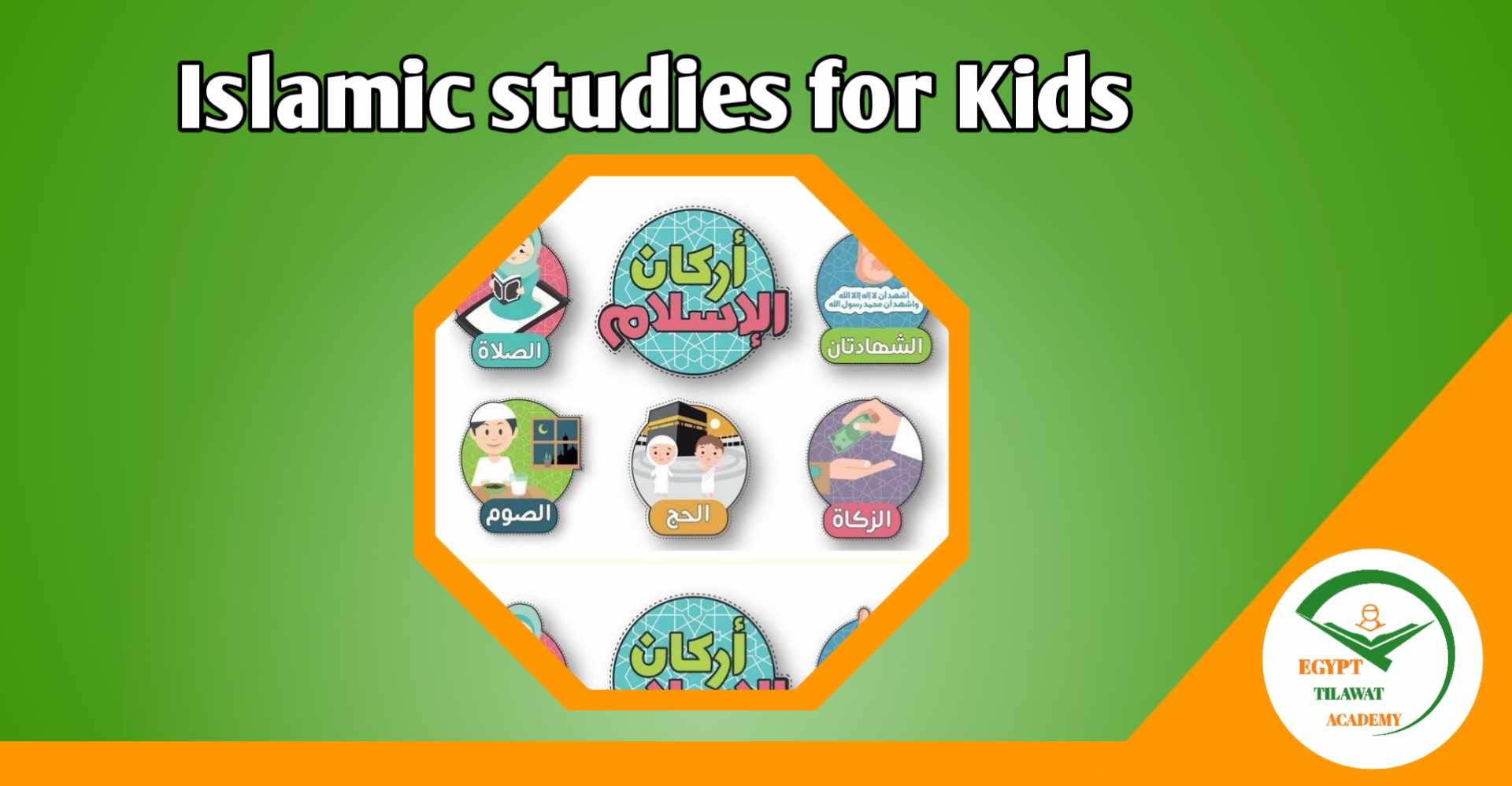
The Importance of Islamic Studies For Kids
In a world of constant change and competing beliefs and cultures, cultivating a strong foundation in Islamic values for children is more crucial than ever.
Early exposure to Islamic studies can equip young minds with the tools to overcome life's challenges, cultivate a sense of purpose in life, and develop a deep connection to their faith.
But why Islamic studies is so important for kids? Let's explore some of the key benefits.
Enhancing moral and ethical development
Help kids in building their characters: Islamic studies cultivates core values like honesty, compassion, respect, and responsibility. Children learn about prophets and righteous figures who exemplify these values, and inspiring them to live up to those ideals.
Help them in developing decision-making skills: As Islamic teachings provide a framework for making ethical choices. Children learn about halal and haram, the concepts of right and wrong, and how to navigate moral problems with confidence.
Help in promoting social harmony: Islamic studies emphasizes the importance of treating others with kindness and respect, regardless of their background or beliefs. This maintains empathy, understanding, and a sense of community in children.
Understanding the World around Them
By historical context:
Islamic studies provides a rich historical lens through which children can understand the development of their faith and its reflection on the world. Learning about key events, figures, and civilizations sparks their curiosity and broadens their perspective and insight.
By scientific exploration:
Islamic teachings encourage pondering of the natural world and the wonders of creation. As this enhances a sense of amazement and inspires children to explore science and technology as tools to understand the divine design in the whole world.
By cultural awareness:
Islamic studies introduces children to various Muslim cultures and traditions across the globe. And this promotes cultural understanding, tolerance, and appreciation for the richness and beauty of the Muslim world.
Cultivating a Sense of Identity and Belonging
Let your kid be rooted in faith:
Cause Islamic studies provides a sense of belonging and identity for Muslim children. As they learn about the core beliefs and practices of their faith, allowing them to connect with their heritage and feel part of a global community.
Understanding the purpose of life:
Islamic teachings offer a clear purpose and direction in life. Children learn about the concept of Akhirah (the afterlife) and the importance of living a life while trying to please Allah, and deepen a sense of accountability and motivation.
Building Self-Esteem:
Islamic studies encourages self-reflection and self-improvement. Children learn about their strengths and weaknesses, develop self-confidence, and strive to be better versions of themselves.
Creating a Strong Foundation for Future Growth
Lifelong Learning:
Islamic studies instills a love for learning and a thirst for knowledge, children develop critical thinking skills, learn to analyze and interpret information, and are encouraged to ask questions and seek answers, because this is what God commanded us to do, to use our minds in thinking, knowledge, and work.
Have resilience and strength:
Islamic teachings offer the guidance and comfort in times of difficulty and burdens, children learn about patience, perseverance, and reliance on Allah, equipping them with the tools to face challenges with resilience.
Deep spiritual connection:
Islamic studies fosters a deep connection with the divine, through prayer, recitation of the Quran, and contemplation, children learn to cultivate a relationship with Allah, enriching their lives with meaning and purpose in every single second in their life.
Making Islamic Studies Engaging and Accessible
The key to make Islamic studies meaningful and useful for children is to make it engaging and accessible.
Here are some tips for that purpose:
Start early: Introduce basic Islamic concepts like prayer and dua (supplication) from a young age. As children grow, gradually introduce more complex topics in a developmentally appropriate manner.
Make it joyful and interactive: Use storytelling, games, crafts, and technology to make learning interactive and enjoyable. This will keep children engaged and motivated.
Role model is positive behavior: Be a role model by living the values you teach. Children learn best by observing and mimicking the adults around them.
Create a supportive environment: Enhance an open and supportive environment where children feel comfortable, and not fearing from asking questions and expressing their doubts.
Connect with the community: Encourage interaction with other Muslim families and communities. This allows children to learn from others and build a strong support network.
Get an expert teacher: get the help from an Islamic studies expert to teach them correctly and systematically. There are many centers that offer Islamic studying for children.
You can also seek help from Egypt Tilawat Academy via the Internet, and you can take a free trial to try Islamic studies lessons for children before registering in the academy.
By incorporating Islamic studies into your child's raising journey, you are not only providing them with a valuable educational foundation, but also nurturing their spiritual growth and shaping them into psychologically healthy individuals.
Remember, the journey of learning and understanding Islam is a lifelong pursuit, and the seeds you sow today will blossom into a strong and vibrant faith for years to come.



